There's an increasing and pressing need for operations today that would be faultless, reliable, and exacting in the realm of a manufacturing field that is continuously changing now. As such, Precision Servo Solutions endeavored into an industry and has emerged as an all-important player in optimizing production process in the society as the industries are beginning to meet the inevitable challenge in conjunction with automation and smart technology. Their system significantly advances many operational capabilities but most importantly also avail huge advantages around accuracy and responsiveness which is key to modern-day manufacturing.
It is very important to us Chengdu Star Technologies Co., Ltd, 2009. That visiting applications using Precision Servo such applications systems supports manufacturing processes. We are an authorized agent of many great brands like SIEMENS, FLENDER, BONFIGLIOLI, SEW, and NORD. Top quality gearboxes, reduction motors, and other such electromechanical products are available through us. Our support is provided for various industries to appreciate the optimum utilization of Precision Servo technology, which increases productivity and helps in keeping a business competitive in an ever more dynamic marketplace.

Benefits of Precision Servo Solutions in Manufacturing
In the face of an increasingly dynamic manufacturing environment, precision servo systems have become indispensable-moreover, these advanced system processes elevate work efficiency and production quality demand, thereby serving the unflinching need of products that are of higher quality and manufactured rapidly. One of the principal reasons for the rise in precision servo solutions is their instinctive control mechanisms and real-time adjustments that aid in such a response, helping machines to operate with greater peripheral efficiency. Such responsiveness does more for efficiency than merely cutting out mistakes in the process towards the end of making a finished product. Precision servo systems also contribute largely towards energy conservation. The traditional ways of manufacturing consume huge amounts of energy. The main benefit of servo solutions over these ways is that it makes every effort to create it where it works with the least wasted and whatever energy supplied is used for operation. By commanding the exact position requirements for these devices motors, those systems adjust the power output inside contours of optimum power-usage, meaning that over a long period, the manufacturer might see significant economies in terms of running costs. The case for adopting precision servo solutions becomes stronger as energy costs escalate and for those firms aspiring to keep their positions in the market among competing companies. The adaptability of the precision servo systems for use in different manufacturing environments is equally important. From robotics to CNC machines or efficient automation lines, these systems can be adapted and fitted to serve discrete operations. This adaptability not only has the advantage of increasing productivity but also gives manufacturers the flexibility to innovate and grow with the market demand for various processes. It is the understanding and acceptance of the precision servo concept that ultimately positions the manufacturer to thrive in a tough competitive industry.

Understanding the Basics of Servo Technology
October 2023 is when the last training of this AI was done with information.
The weight of servo technology in modern manufacturing is that it provides careful control and automation of various applications. A servo system basically comprises a motor, a sensor, and a controller, and these are used together for precise positioning and motion control. Feedback loops are designed to operate in real-time, thus enabling the performance and reliability of the given task to be adjusted. Servo technology has had an impact on how manufacturing processes are carried out, especially those involving careful precision, which in turn lowers any associated errors and maximizes efficiency.
High torque is provided by servo technology at a wide range of speeds: an advantage that is central in assuring smooth machine operation under different load conditions. Such flexibility of operation has made servo systems a valuable aid in very demanding tasks, such as robotics and CNC machining and assembly lines. Closed-loop control mechanisms enable servo systems to constantly monitor the performance of the system and to adjust it per operational requirement, thus improving productivity and lowering the costs of downtime.
Another positive aspect about the servo solution is that it can easily scale. When the production parameters vary, these systems can be adjusted or upgraded without an overhaul. This makes them a long-term investment that pays off. The technical and operational versatility that servo technology lends to manufacturing has been a great catalyst for innovation and development in the industry at large, which further cements its relevance in today's manufacturing world.

Enhancing Efficiency with Precision Control Mechanisms
Modern manufacturing has now become more dynamic as precision control systems have transformed the center around which the entire operation rotates. These systems ensure that a manufacturer can achieve astonishing accuracies in all processes, therefore, minimizing errors and wastage massively. However, tuning machines and equipment finely opens a new gate in production while optimizing resource utilization, which is rapidly becoming a growing concern among those involved in any industry.
Precision servo solutions, with their exclusive capability of real-time feedback and adjustment, have become an integral part of the change process. Once manufacturers include these control systems into the entire quality fine-tuning production line, they can ensure that everything operates at an equal optimum cycle time with improved product quality so that companies can achieve competitive advantage on the market and meet increasingly better standards in the market.
Another merit of implementing precision control systems into manufacturing processes is increased flexibility of production facilities. Manufacturers can quickly adjust their processes to shifting market trends and changing customer preferences with minimum downtime. This flexibility also encourages innovation and increases supply chain responsiveness, enabling companies to compete in a fast-changing business environment. Thus, the current future of modern manufacturing will not only be more effective but also be more resilient.

Cost Savings Through Reduced Downtime and Maintenance
Manufacturing today is the ever-dynamic environment subject to fluctuating demands from the market and technology. Among these changes, precision servo solutions have emerged as important enablers for manufacturers that are able to provide new levels of operational efficiencies. From a cost perspective, one major advantage with these systems is that they have the potential to save cost through reduced downtiming and maintenance.
As industries embrace automation even more, it is becoming clear how vital smart motion control is. Advanced servo drives, having feedback mechanisms of integration and communication, enable motion control that is deterministic by nature. Thus, the advanced servo solutions ensure extreme freedom of operation in production cycles, thereby minimizing the chances of failure in equipment, which leads to unplanned downtimes. Manufacturers are now able to capitalize on these reliable technologies and meet demanding market requirements without incurring dramatic operational costs.
Trends indicate that there has been an increasing market for custom automation solutions, particularly in automotive manufacturing. As the industry is now focusing on electric and smart vehicles, the demand for flexible and intelligent production methods is high. Precision servo solutions lead this transformation, enabling manufacturers to respond quickly to changing requirements while optimizing resource utilization. The combination of these technologies enables businesses to float toward victory against the challenges prevailing today in modern factory environments, thus enhancing competitiveness and sustainability.
The Role of Servo Solutions in Automation
More than that, they have become important components of modern automation systems that contribute to increased efficiency and precision in various industries. With the advancement of technology, servo motors are now made to cater to the growing needs in manufacturing and realize the potential benefits of having them. They have much to offer better accuracy, shorter cycle time, and increased productivity. Such improvements can be fully utilized in production lines through the implementation of servo systems in control of machinery and processes involved in producing more superior products.
AI-powered servo systems have brought another revolution in automation fields. With their potential to self-tune and optimize operation according to real-time data that has always been acquired from human experts, these innovations reduce error conditions and allow very fast changes in a dynamic production environment. Manufacturers are now better positioned to meet changing market demands in less downtime and with more efficiency.
Moreover, not only does servo technology imply single applications, but it also further complements the motion control systems for high-speed automation through which even a highly complex manufacturing process can be performed with the level of precision unmatched with any other. Advanced micromachining and overall flexibility of modern manufacturing systems are enabled. As all industries move towards more and more automate systems, the importance of these servo solutions in defining competitive advantages will continue to increase.
Improving Product Quality and Consistency
In a cutthroat manufacturing environment, product quality and consistency are becoming increasingly important, and precision servo solutions are the advanced technologies that provide the utmost accuracy and repeatability in various processes of manufacturing, where products are expected to adhere to the highest quality standards. Precision servos help manufacturers to maintain tighter tolerances and reduce variations in the dimensions of products, thus enhancing their quality.
From the operational point of view, another principal benefit of precision servo solutions is real-time feedback and adaptive control for production. This feature helps to make adjustments as soon as necessary along the production line to compensate for deviations from desired specifications. In turn, this enables manufacturers to save on waste and rework costs to keep their operations lean and mean-output consistent. The systems' precision and reliability also improve the longevity of products, which contributes to customer satisfaction and loyalty.
Precision servos also help in automating the manufacturing processes to a greater extent, allowing the companies to sustain a constant production rate while ensuring quality. While automation minimizes human errors resulting in a major source of quality mistakes, high-precision technology ensures product quality. Such solutions hence offer a good avenue for the manufacturers to enhance their product quality while building a reputation for consistency and reliability in the market, ultimately helping boost their growth and competitiveness.
Integrating Precision Servos with Smart Manufacturing Systems
The convergence of precision servo solutions and smart manufacturing systems is a fundamental advancement in industrial efficiency and flexibility. For manufacturers, in their quest to meet the ever-changing demands of the marketplace, these advanced systems afford unmatched control over processes, drastically increasing productivity while reducing downtime. Precision servos produce accurate motion control for manufacturers in optimizing production lines, thereby achieving higher levels of consistency with regard to product quality.
With the implementation of advanced data analytics and connectivity, smart manufacturing systems can leverage precision servos to establish adaptive workflows. This merger allows for real-time monitoring and changes in operations, thereby enabling a more agile manufacturing environment. Analyzing performance metrics alongside predictive maintenance not only minimizes loss through unexpected breakdowns but also acts as a catalyst for improving OEE.
In addition, the alliance of precision servos with smart manufacturing systems gives manufacturers the option to implement advanced automation schemes. The devices communicate seamlessly to ensure coordinated motion and collaborative robot engagement, thus bringing about new solutions for manufacturing. As they march towards Industry 4.0, precision servos have come to play a pivotal role in enabling automation and connectivity, marking a new era in modern manufacturing.
Exploring Industry-Specific Applications of Servo Technology
Manufacturing, as one of the most dynamically changing contexts, requires precision servo applications as tools for very specific industrial purposes. From the automotive assembly industries to semiconductor industries, the ethos of servo technology is the enhancement of precision and efficiency along with flexibility in application. For instance, servo motors can provide highly precise positioning and synchronization of robotic arms, speeding up the relatively slower assembly processes, in turn that are much more complex, for the automotive industry while also reducing the error rate associated with these tasks. This precision not only drives production but increases product quality.
Within the semiconductor industry, where some of the stuff can be measured in nanometers, the accuracy needs are very high. Servo technology enables the production of incredibly controlled movements during wafer fabrication and inspection activities, thus ensuring that any possible error is avoided-in microdock millimeters. Achieving such fine tolerances is of enhanced importance, influencing yield rates and operating costs, thereby positioning servo solutions as an integral part of retaining a competitive edge in this very high-stake market.
Furthermore, other industries such as packaging and food-processing are utilizing servo systems to adhere to different production-speed settings and different product sizes. With this flexibility, servo technology enables manufacturers to reconfigure assembly lines for different products within the shortest time possible, thus minimizing downtimes while maximizing flexibility to respond to market demands. It is evident from such applications that the integration of precision servo solutions is no longer a fad, but rather a tangible route into optimizing manufacturing processes across varied industries.
Future Trends in Precision Servo Solutions for Manufacturing
Manufacturing is changing rapidly and is where precision servo solutions are proving to be the leaders in innovation. With more industries becoming automated and smart, trends in precision servo technology are critical. One vital trend is the combination of artificial intelligence and machine learning with servo systems to allow runtime adjustability while boosting operational efficiency. These intelligent systems analyze data patterns, foresee likely failures, and optimize performance to keep manufacturing smooth and productive.
Another significant tendency is the downsizing of servo components. This addition will allow for more compact designs of machinery without compromising power or efficiency. Components that are getting smaller could pave the way for the creation of multipurpose systems that could easily be put into different roles as manufacturers are aiming for more flexibility in production lines and machines. In addition to this, the advancement of material science allows for making lighter and stronger servo systems, which can contribute toward energy savings and sustainable practices.
The advent of Industry 4.0 has begun to push for connectivity and integration in precision servo solutions. Manufacturers focus on achieving uninterrupted communication between machines to promote harmonized operations. Such connectivity improves the responsiveness of manufacturing processes and enables remote monitoring and control capabilities, offering manufacturers greater sight on their processes and a quicker mechanism for addressing any countermeasures. As these trends take shape into the manufacturing world, precision servo solutions will remain at the forefront of advancing efficiency, flexibility, and innovation within this arena.
Case Studies: Success Stories from Precision Servo Implementation
Precision servo solutions are being integrated into modern manufacturing processes and have transformed the production process. In fact, there are many case studies narrating how successful implementation of the cases may turn out in various industries. Essentially, the improvement of motion control, efficiency, accuracy, and adaptability can be best discovered. Take, for example, automotive manufacturing. Cycle time reductions and corresponding increases in production line flexibility allow companies to switch production quickly to meet market demands.
At industry events including the upcoming electronics manufacturing exhibition in Shanghai, new motion control technologies further highlight the significance of precision servos in intelligent manufacturing transitions. These technologies allow manufacturers to optimize processes, downtime, and output quality. Case studies within this line of work have shown quantifiable improvements in productivity and cost reductions on how companies efficiently harnessed the power of precision servos to improve their process workflows.
Stated simply, it is clear from these few examples that the technology for precision servos can, in fact, be integrated into modern manufacturing in such a way that the most innovative motion control solutions available are applicable to the challenges faced by today's production environment. As they do so, it will increasingly widen the trend toward manufacturing smarter and more efficiently and ultimately transform the future landscape of industrial automation.
FAQS
Servo solutions are advanced systems that enhance operational efficiency and precision in modern automation. They allow manufacturers to gain better control over machinery and processes, leading to improved product quality.
Servo motors have evolved to meet the increasing demands of manufacturing, offering significant advantages such as improved accuracy, reduced cycle times, and higher productivity.
AI-powered servo systems can self-tune and optimize performance based on real-time data, reducing errors and allowing for rapid adjustments in dynamic production environments.
Precision servo solutions provide high levels of accuracy and repeatability in manufacturing processes, which are crucial for producing items that meet stringent quality standards.
Real-time feedback and adaptive control from precision servos enable immediate adjustments, reducing waste and rework costs while maintaining consistent output.
Automation, combined with precision servo technology, minimizes human error, maintaining consistent production rates without sacrificing quality.
They enable tighter tolerances, minimize variations in product dimensions, and contribute to enhanced product longevity, fostering customer satisfaction and loyalty.
By integrating servo technology into their processes, manufacturers can improve product quality, consistency, and operational efficiency, ultimately driving growth in a competitive marketplace.

Home
Products
SIEMENS Gearmotor
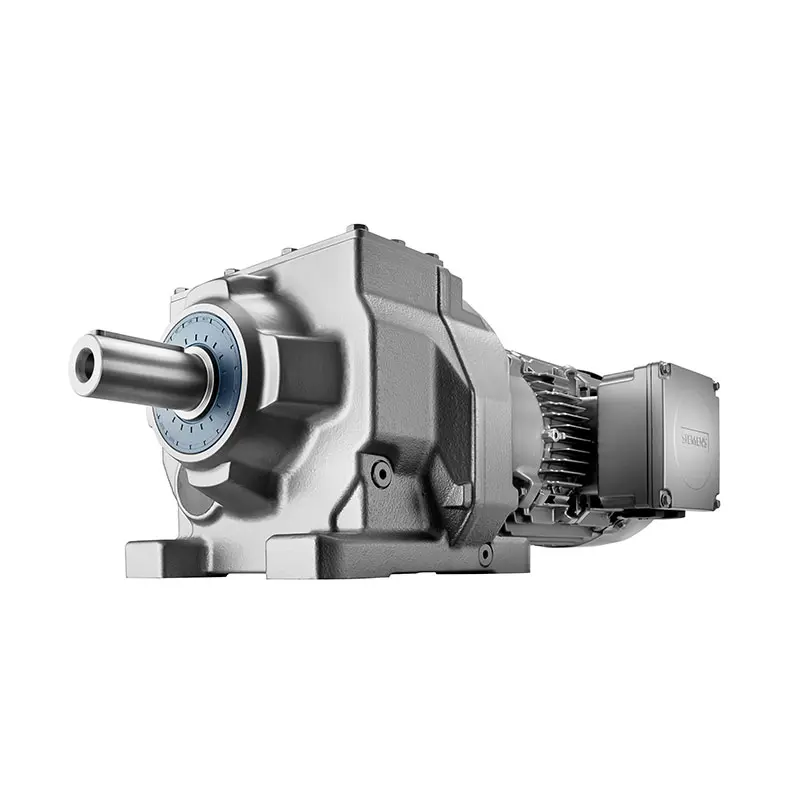 SIEMENS Helical Gearmotor Low Voltage
SIEMENS Helical Gearmotor Low Voltage 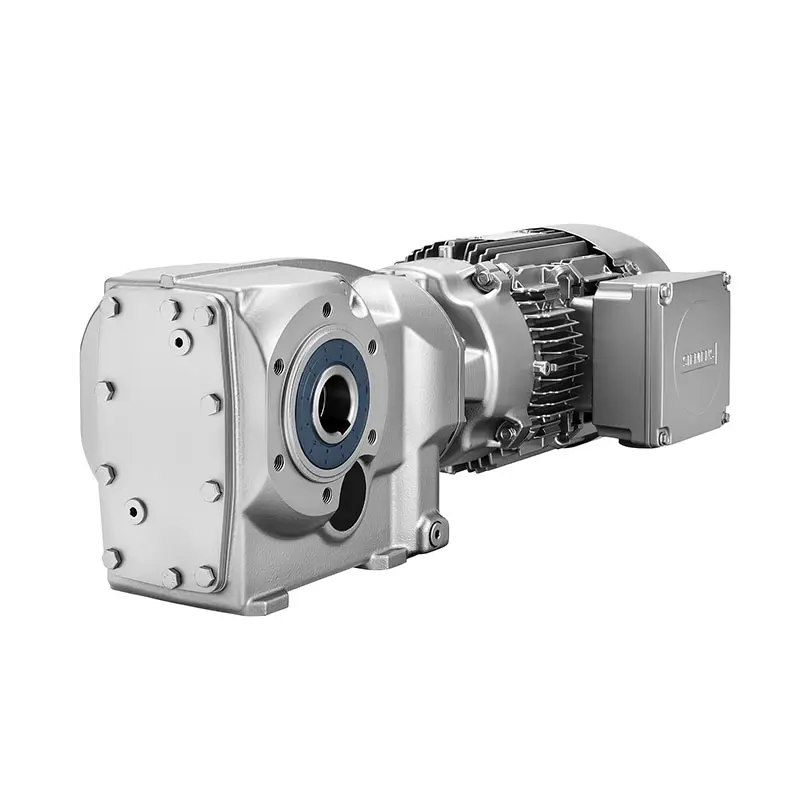 SIEMENS Bevel Helical Gearmotor
SIEMENS Bevel Helical Gearmotor 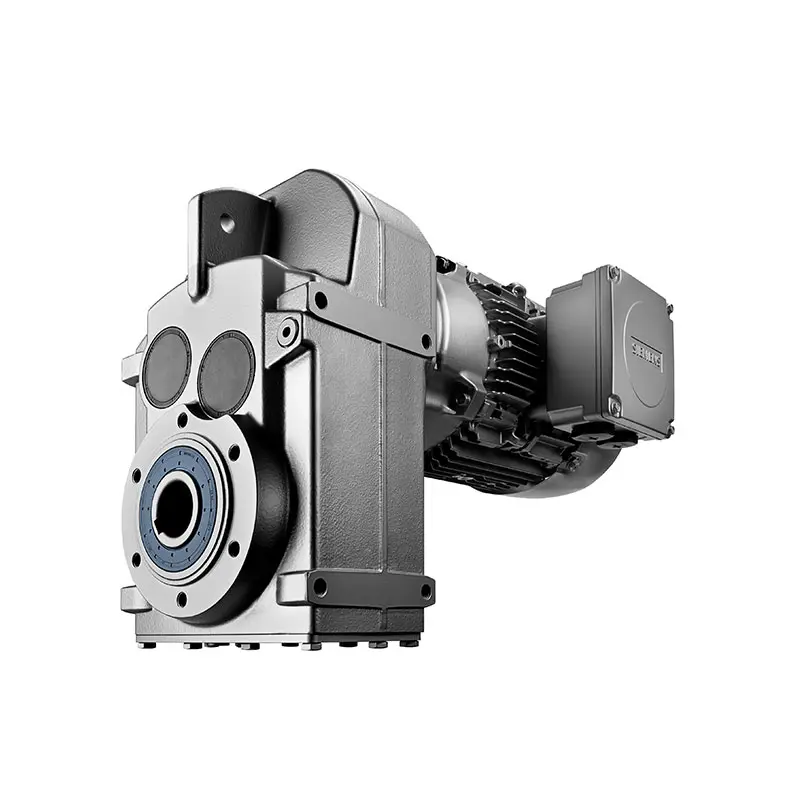 SIEMENS Parallel Shaft Gearmotor
SIEMENS Parallel Shaft Gearmotor 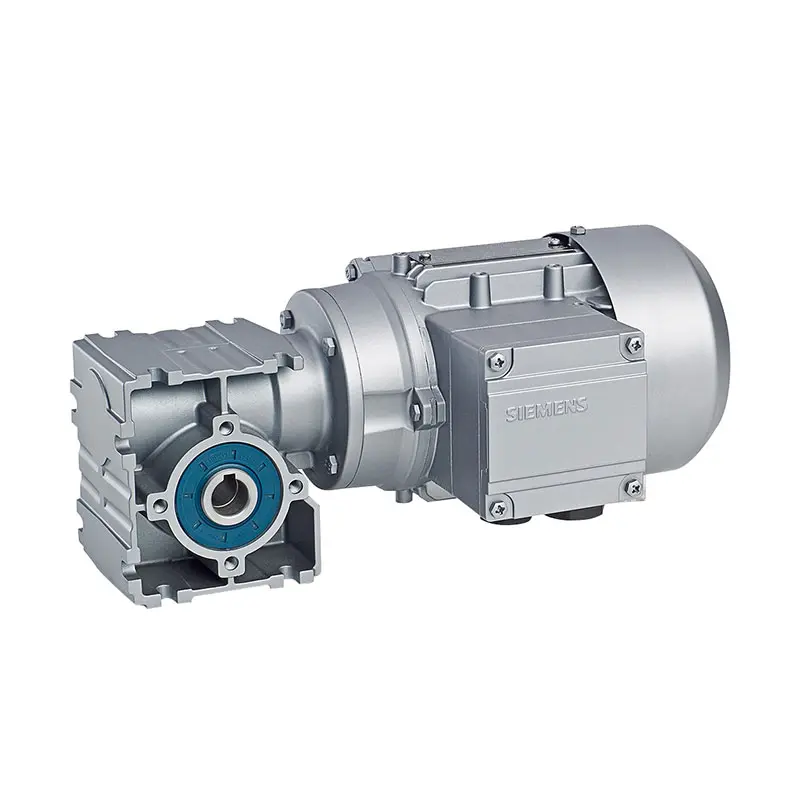 SIEMENS Worm Gearmotor Low Voltage
SIEMENS Worm Gearmotor Low Voltage 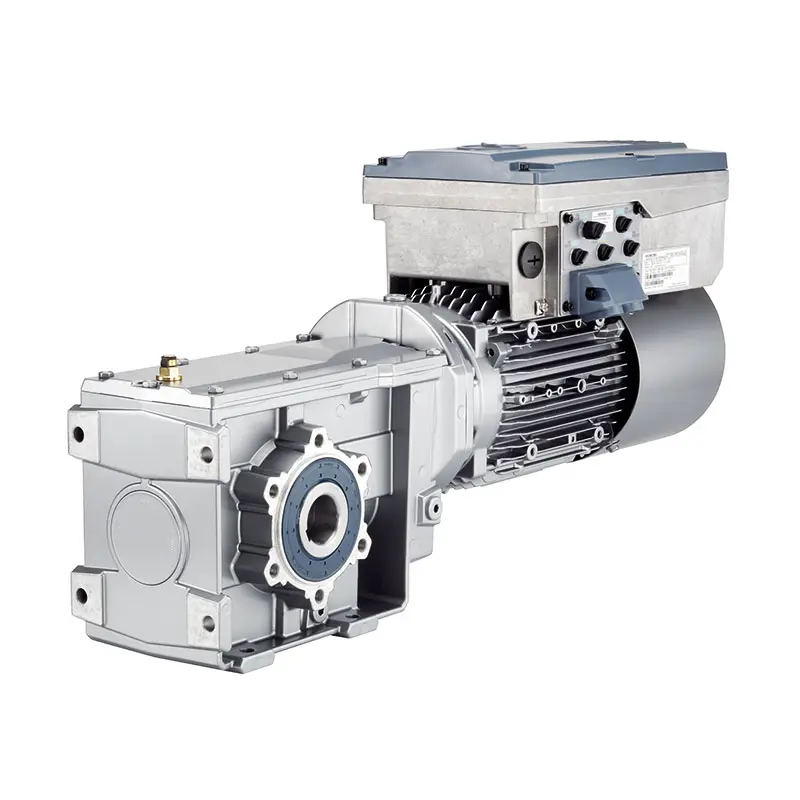 SIEMENS With Servo Motor Gearmotor
SIEMENS With Servo Motor Gearmotor 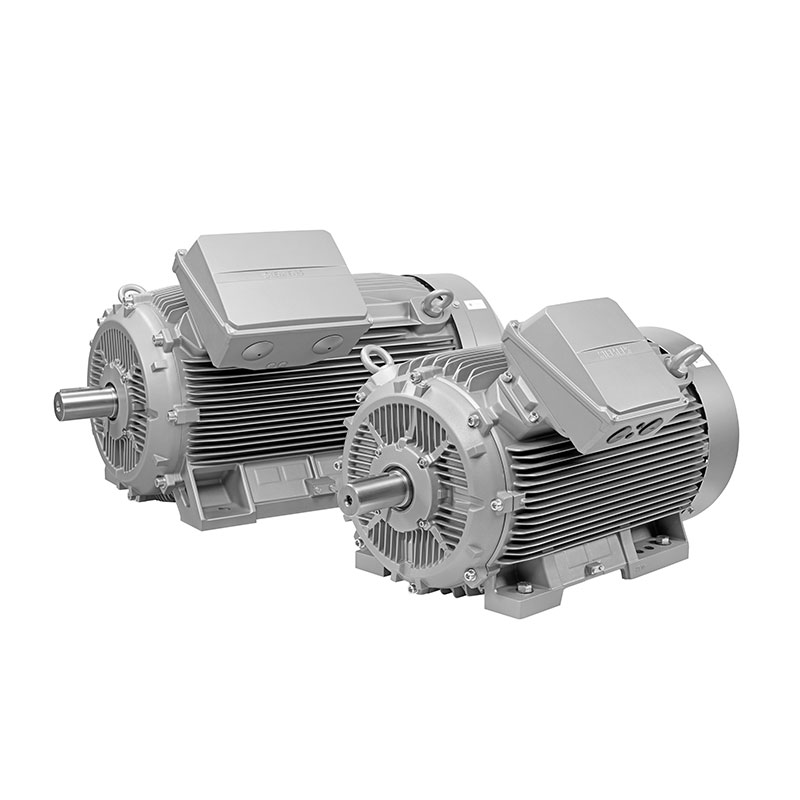 SIEMENS Low Voltage Motor Low Voltage
SIEMENS Low Voltage Motor Low Voltage 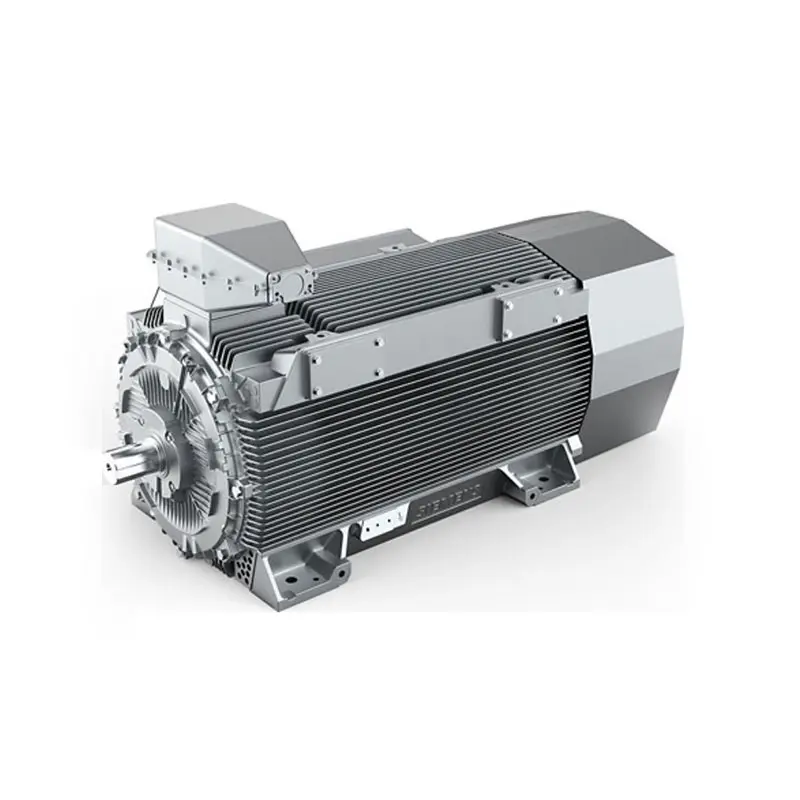 SIEMENS High Voltage Motor Low Voltage
SIEMENS High Voltage Motor Low Voltage 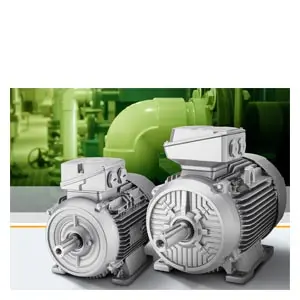 SIEMENS Marine Motor Low Voltage
SIEMENS Marine Motor Low Voltage 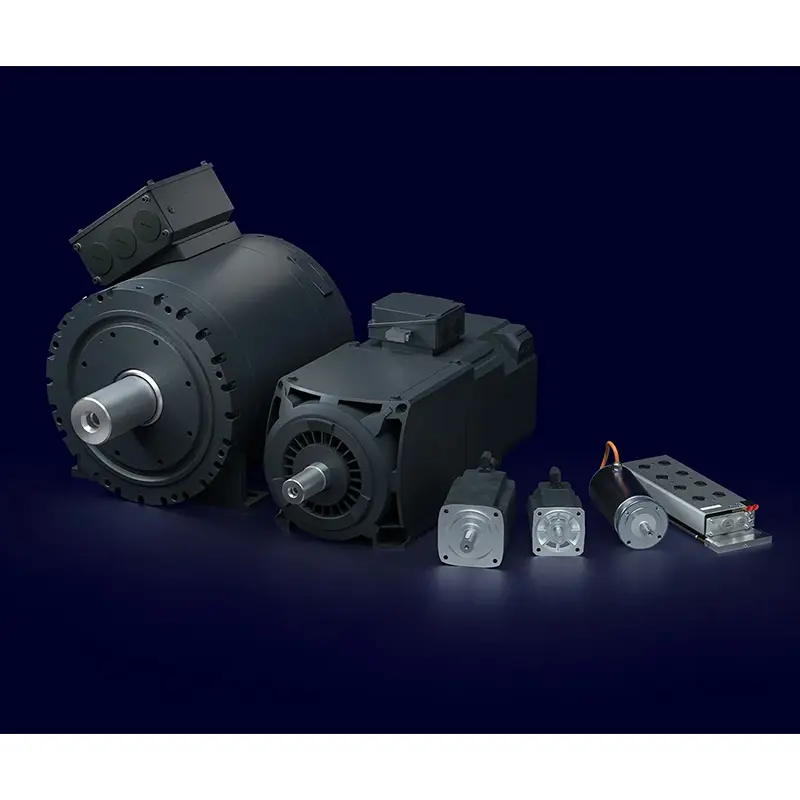 SIEMENS Servo Motor Low Voltage
SIEMENS Servo Motor Low Voltage 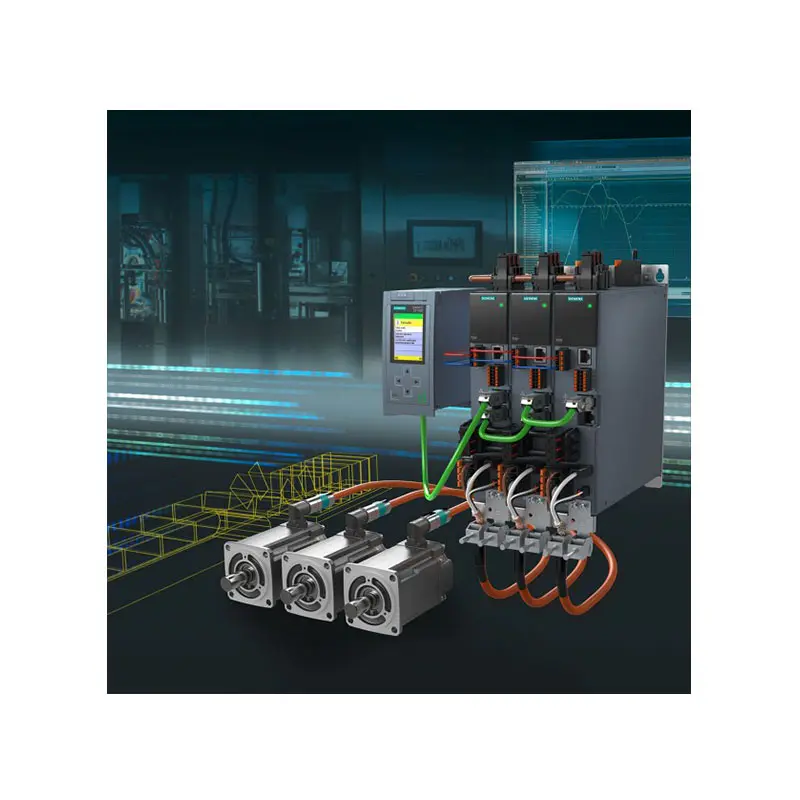 SIEMENS SINAMICS S210 Low Voltage
SIEMENS SINAMICS S210 Low Voltage  SIEMENS SINAMICS S150 Low Voltage
SIEMENS SINAMICS S150 Low Voltage 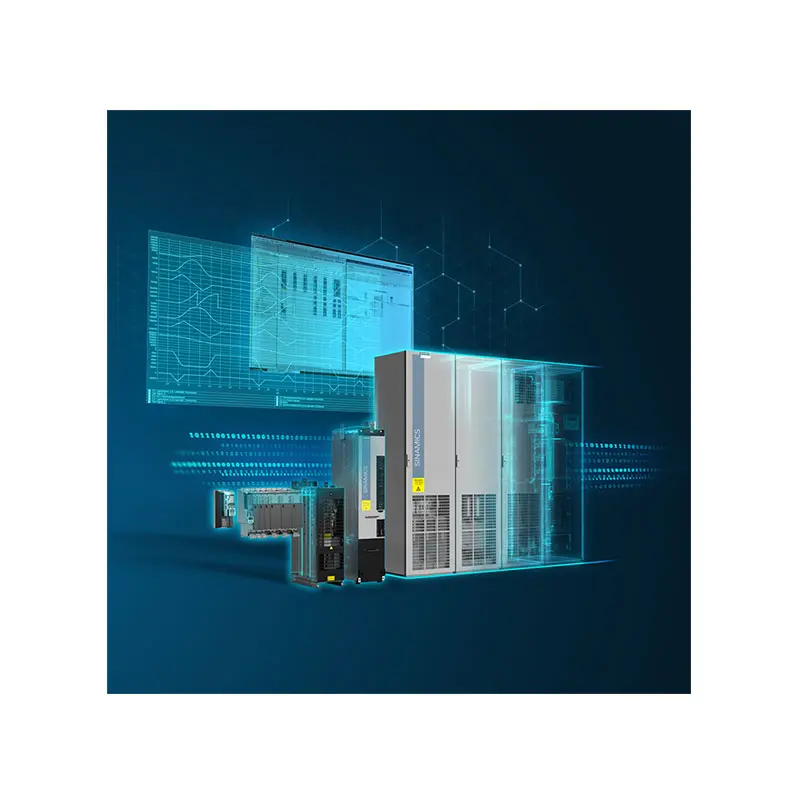 SIEMENS SINAMICS S120 Low Voltage
SIEMENS SINAMICS S120 Low Voltage 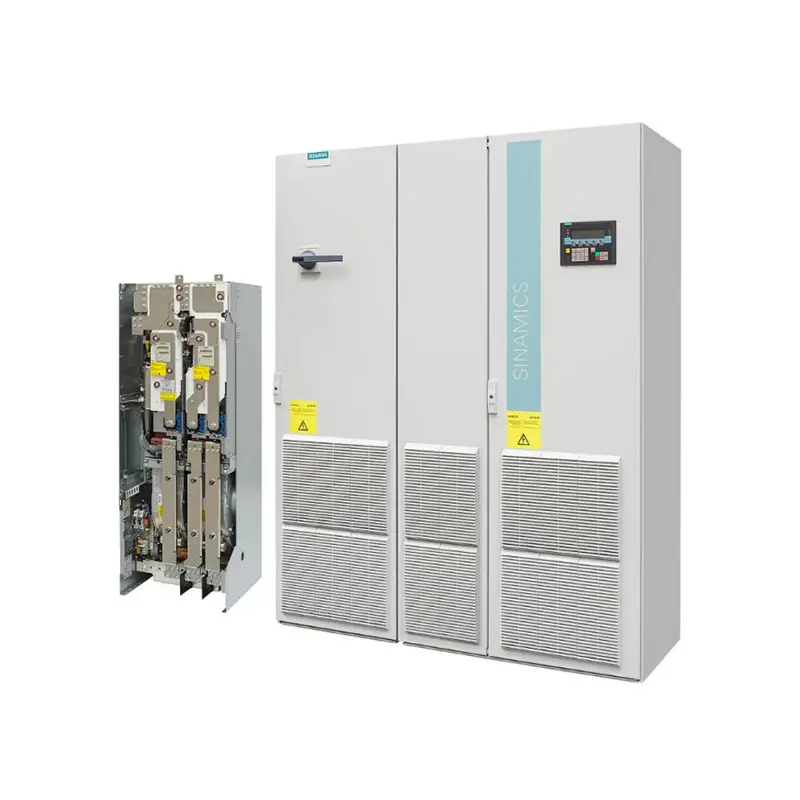 SIEMENS SINAMICS G130/G150
SIEMENS SINAMICS G130/G150 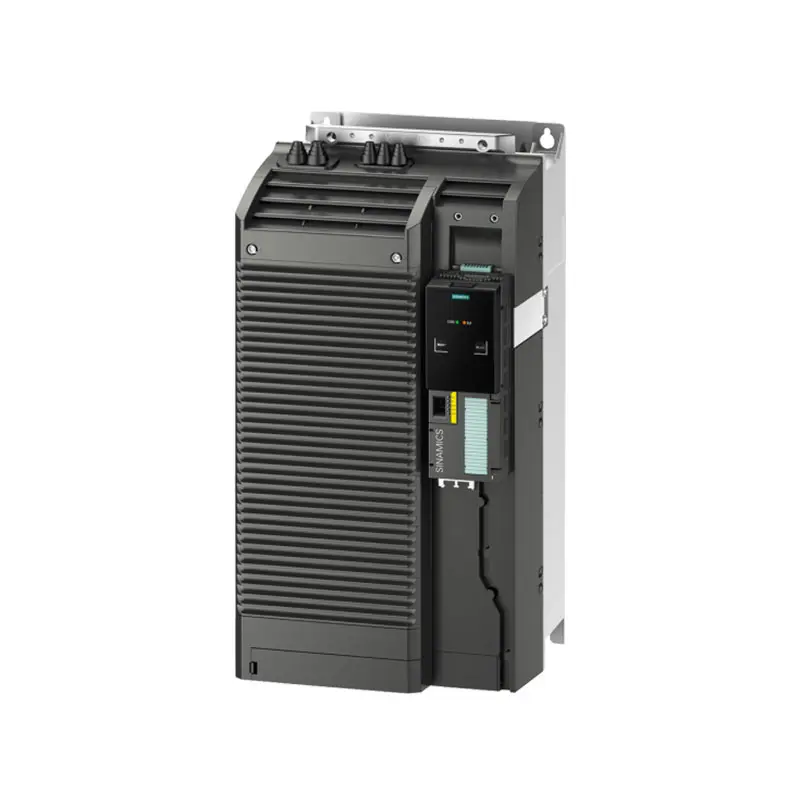 SIEMENS SINAMICS G120 Low Voltage
SIEMENS SINAMICS G120 Low Voltage  SIEMENS SINAMICS G120C Low Voltage
SIEMENS SINAMICS G120C Low Voltage 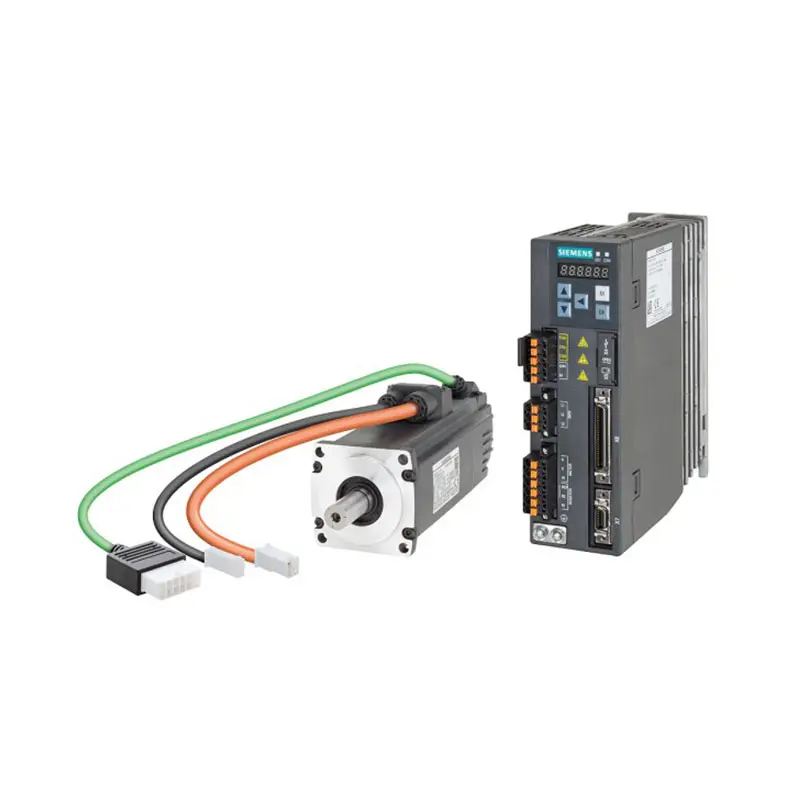 SIEMENS SINAMICS V90
SIEMENS SINAMICS V90 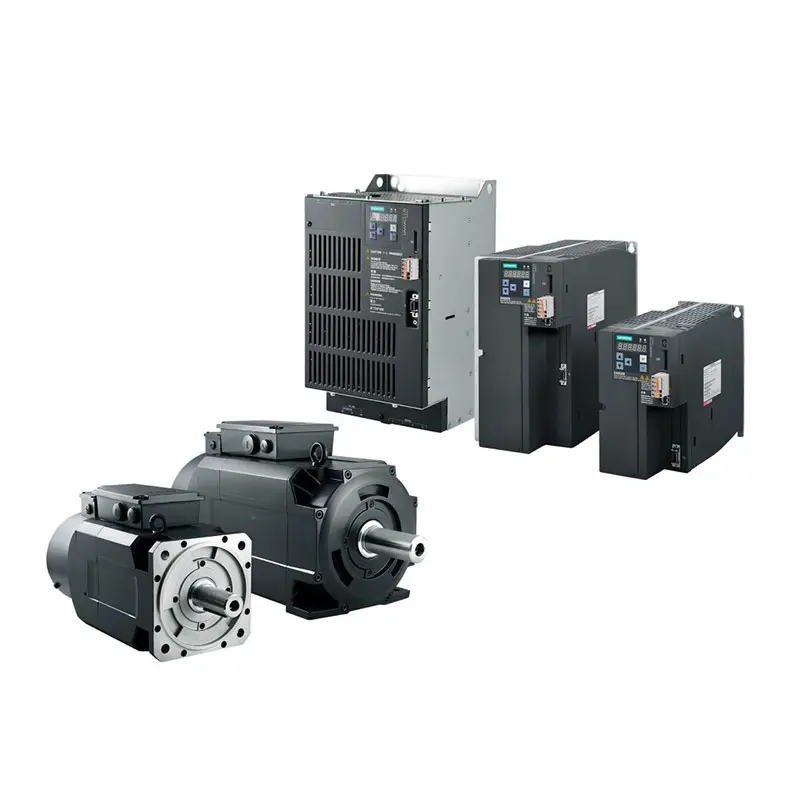 SIEMENS SINAMICS V70 Low Voltage
SIEMENS SINAMICS V70 Low Voltage 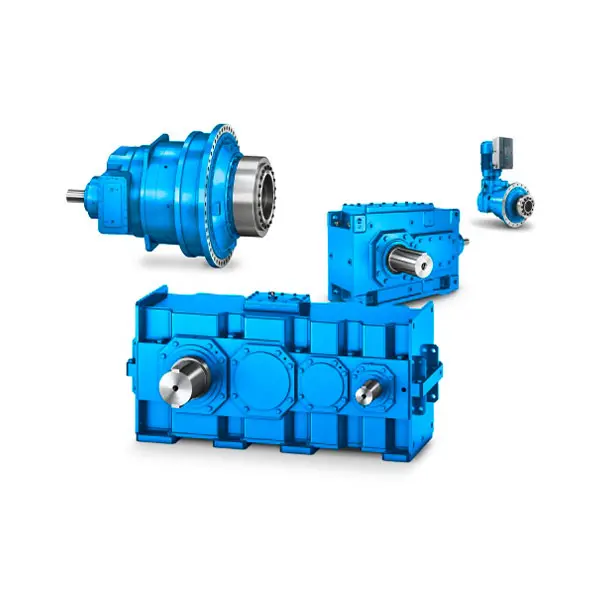 FLENDER Gear Unit
FLENDER Gear Unit 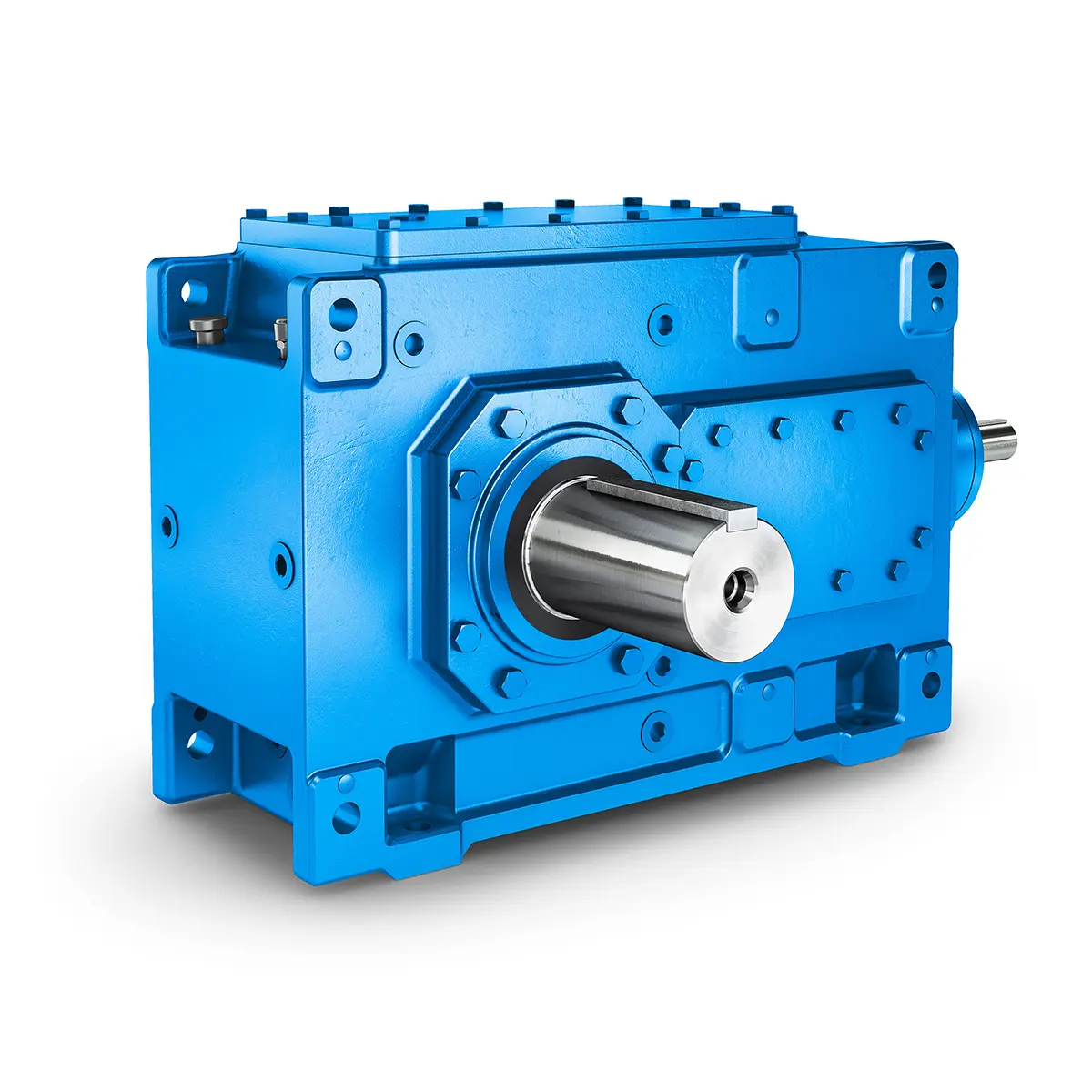 FLENDER Helical Gear Unit
FLENDER Helical Gear Unit 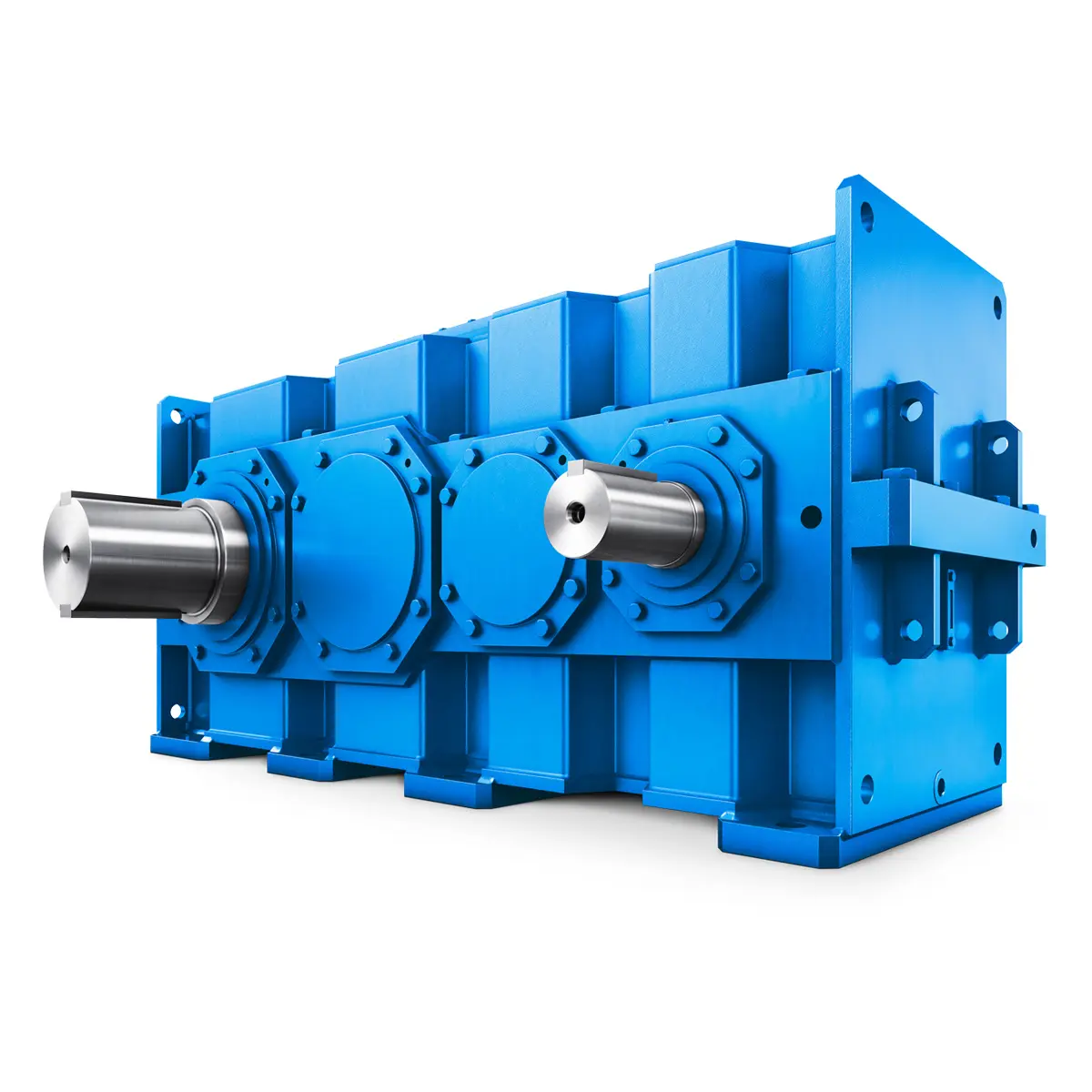 Flender gear units for lifting and luffing gears
Flender gear units for lifting and luffing gears 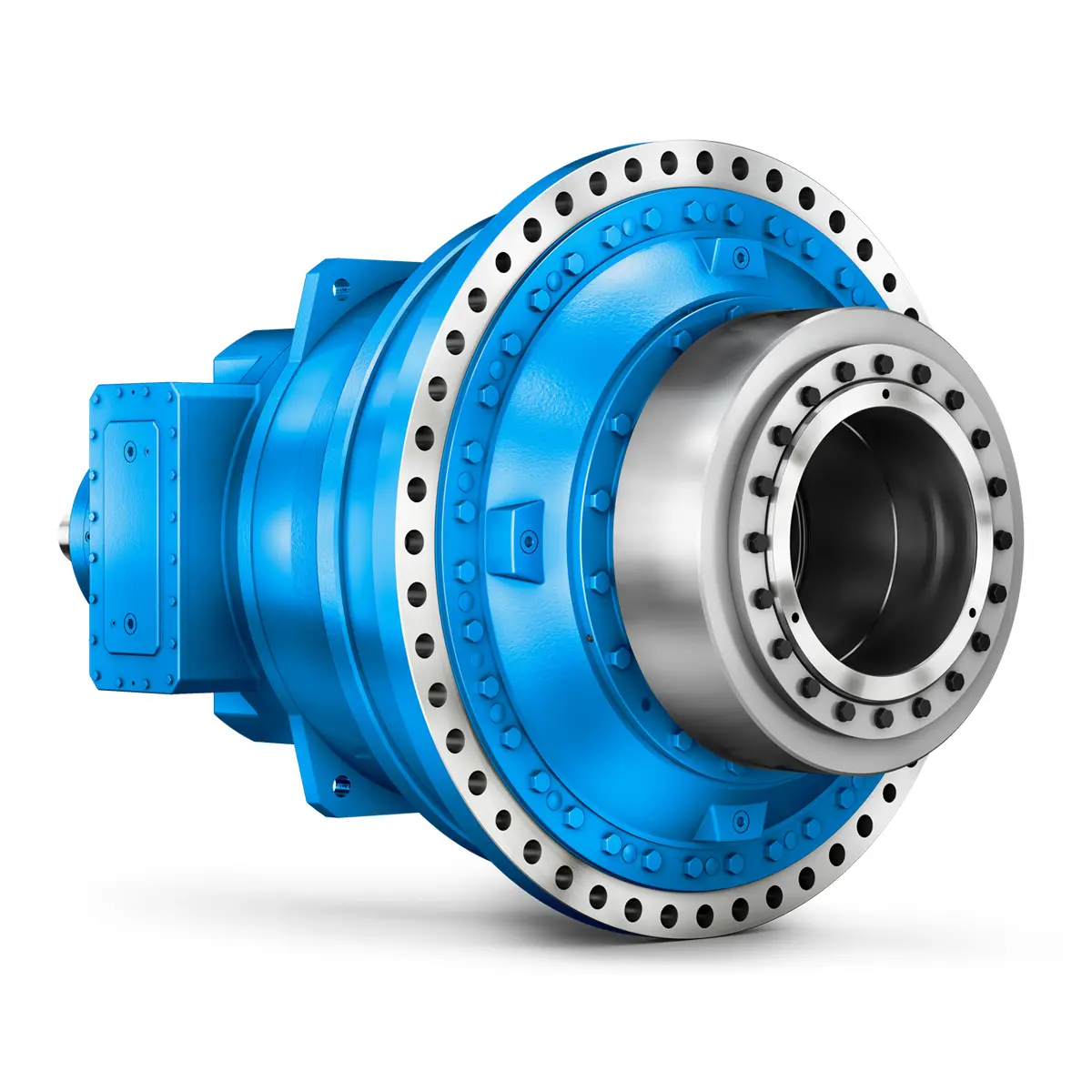 FLENDER Gear Unit gearunit gearbox
FLENDER Gear Unit gearunit gearbox 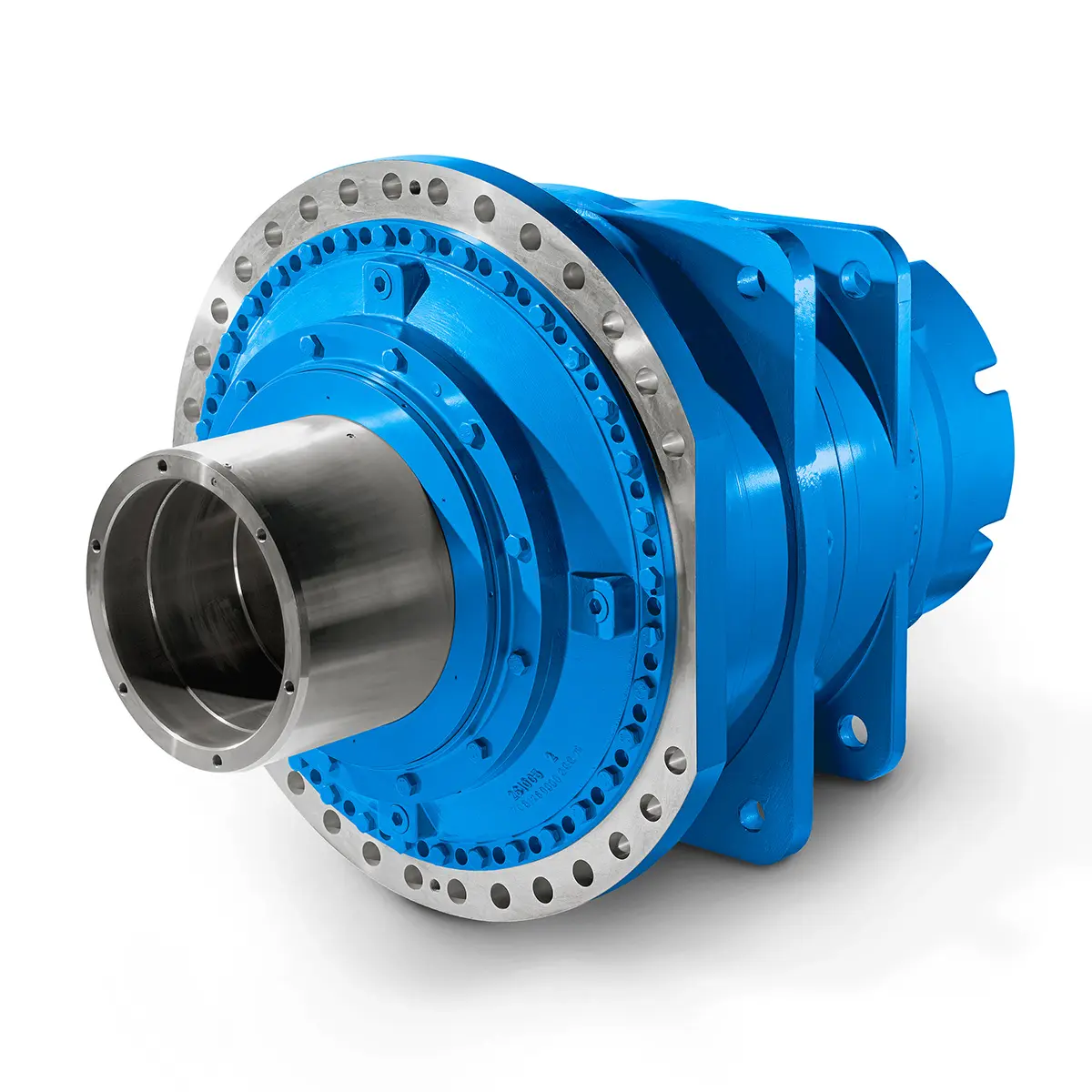 Optimal Drive Solution For Maximum Performance
Optimal Drive Solution For Maximum Performance 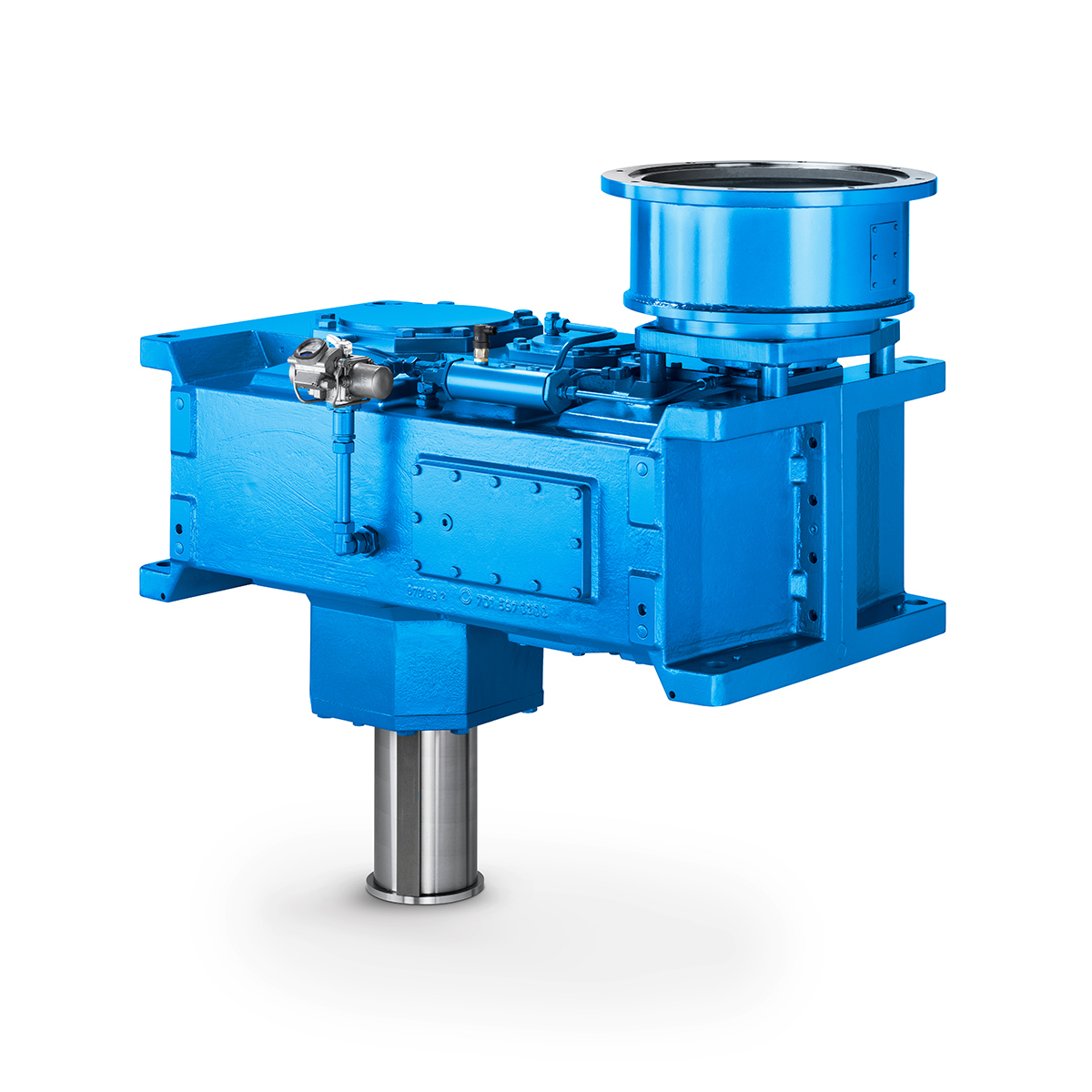 Strongly operating against biodegradable constituents
Strongly operating against biodegradable constituents 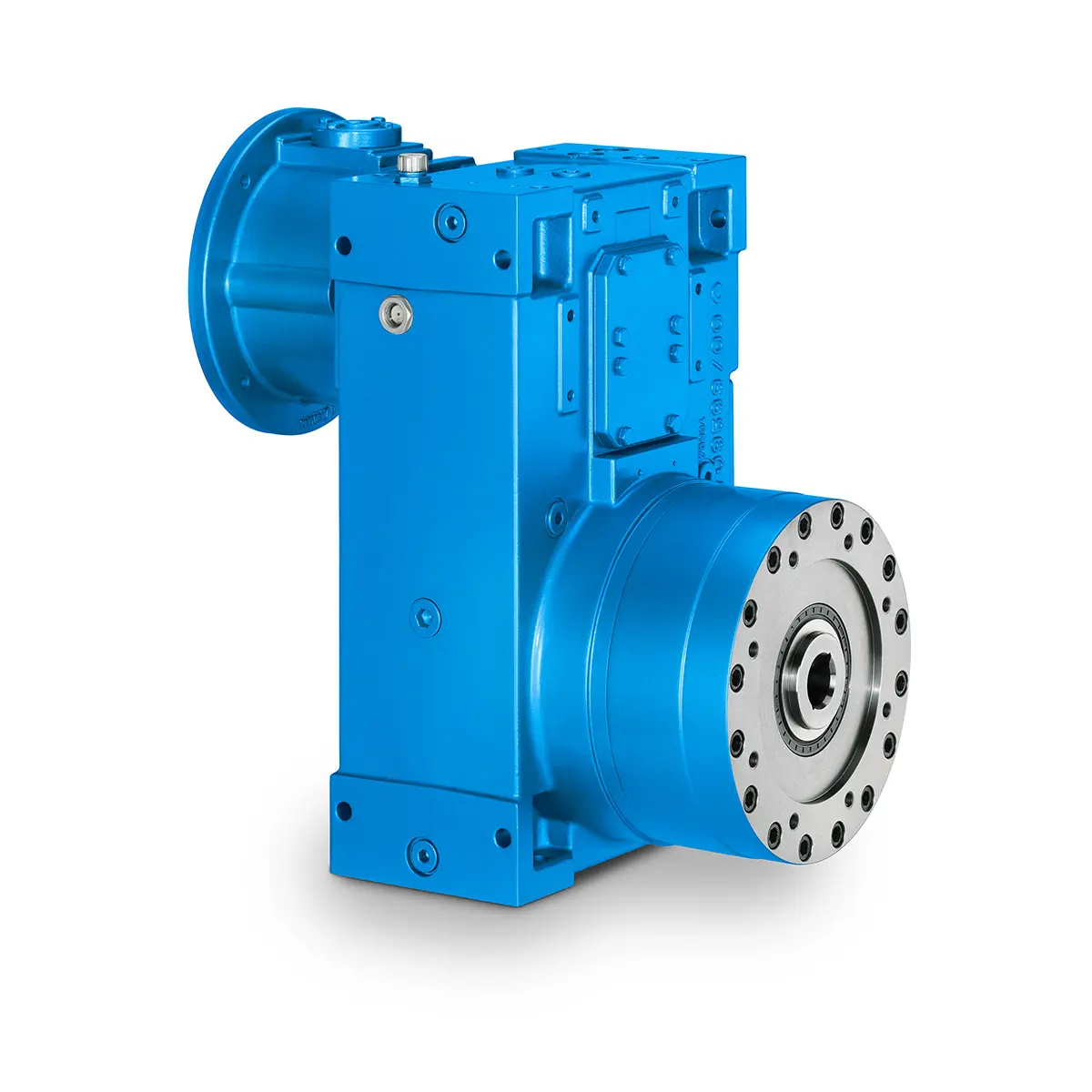 SINGLE SCREW Special industry dedicated gearunit gearbox
SINGLE SCREW Special industry dedicated gearunit gearbox 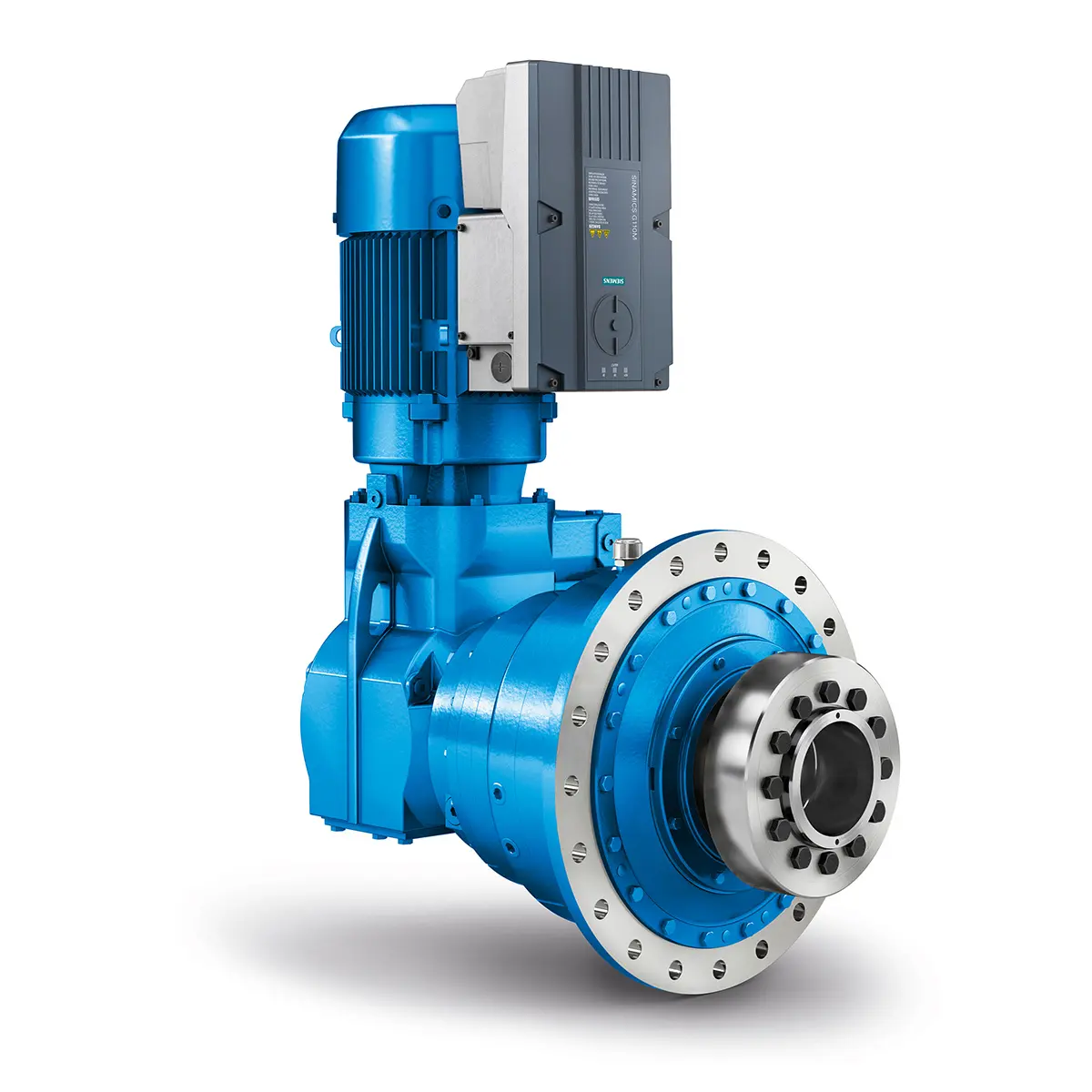 Playmaker In The Premium League
Playmaker In The Premium League 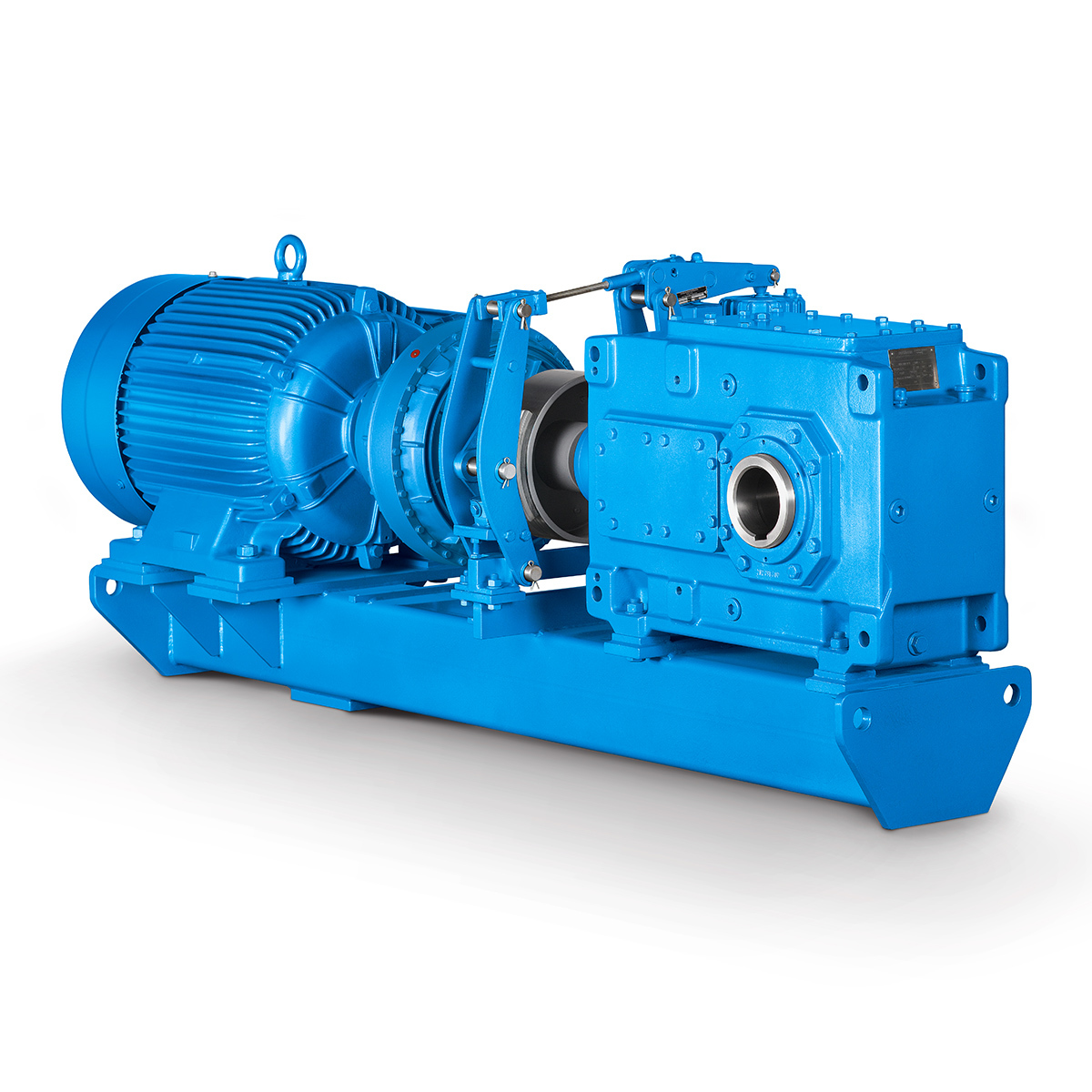 Conveyor belts gearunit gearbox
Conveyor belts gearunit gearbox 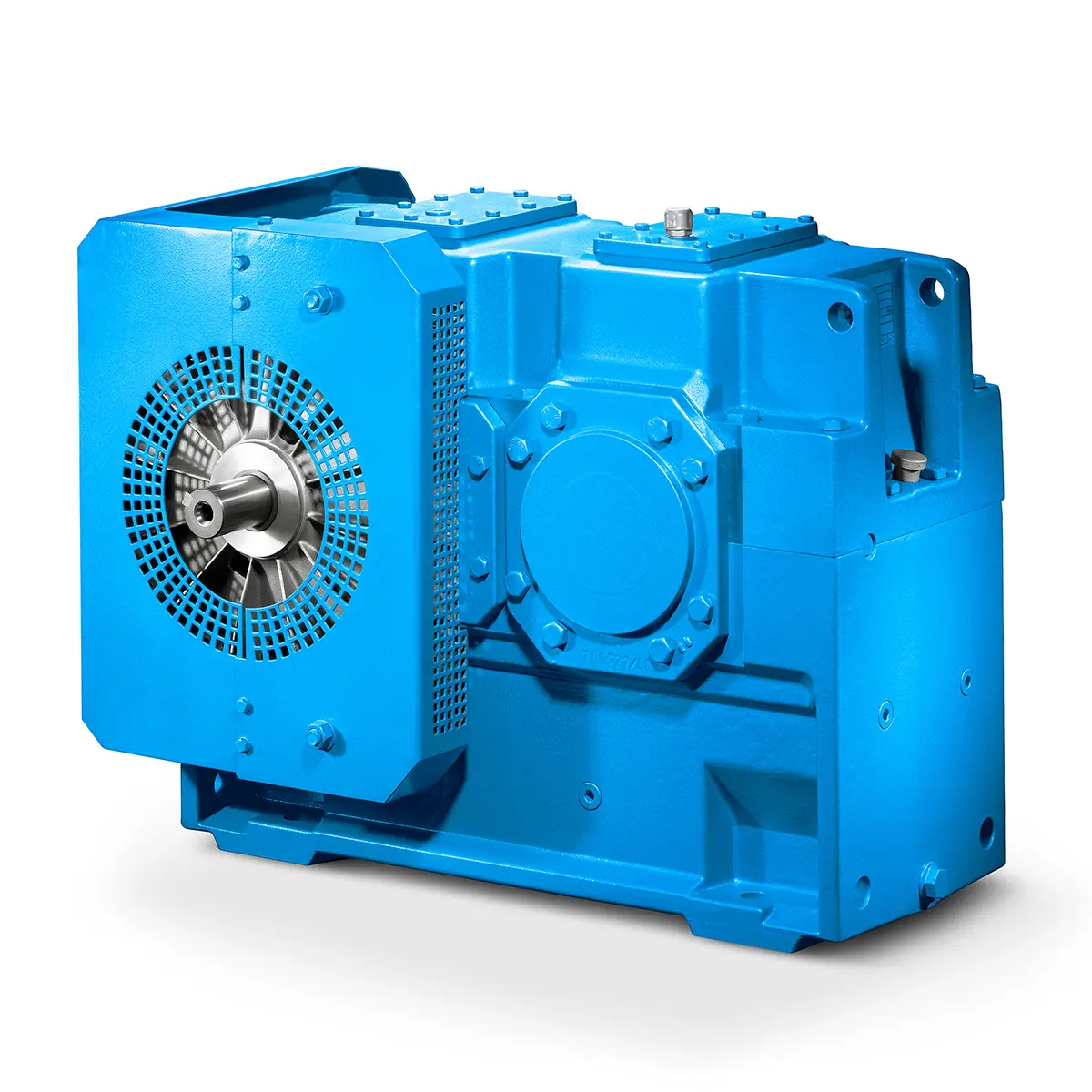 Paper And Pulp Preparation Sections
Paper And Pulp Preparation Sections 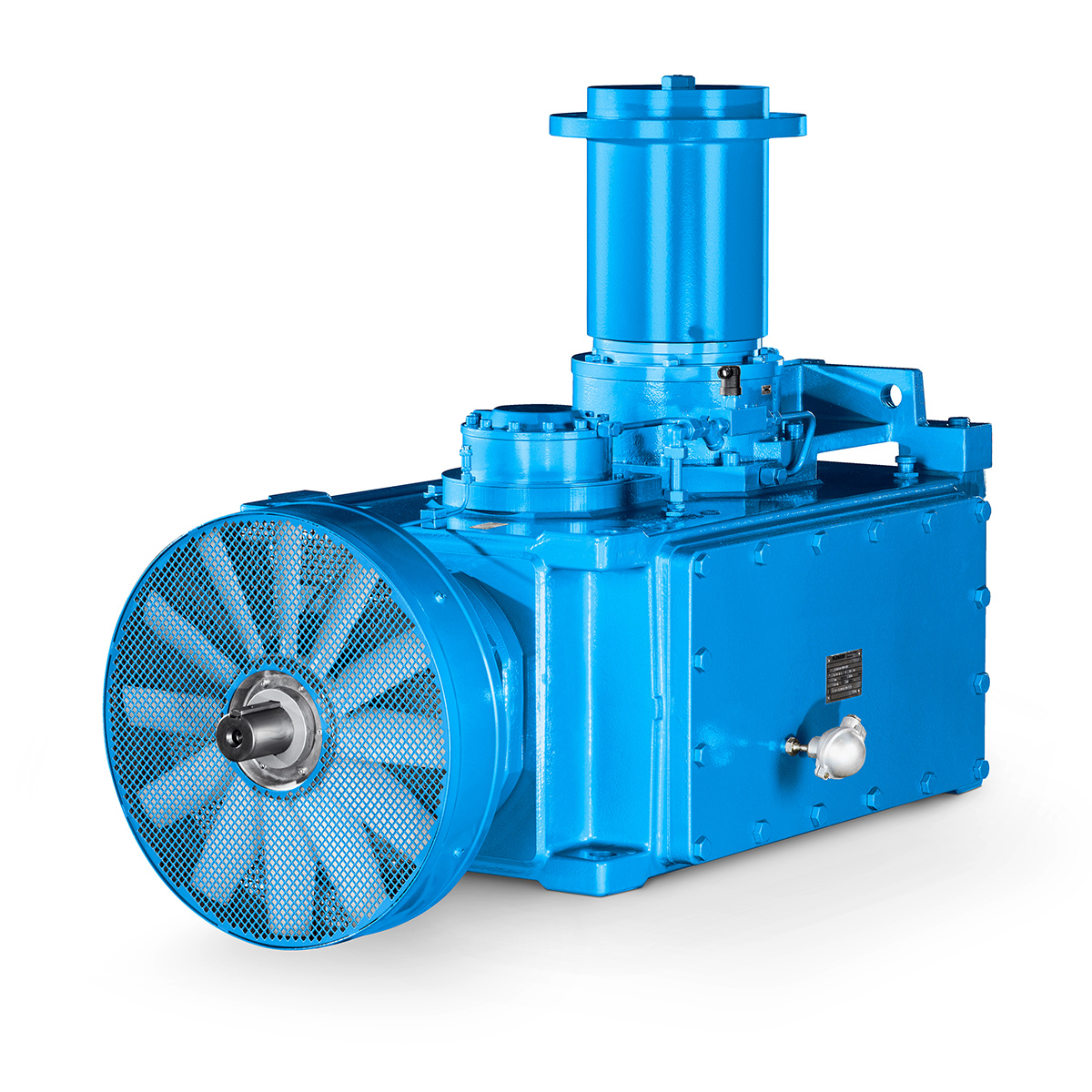 Operational Reliability Even In Case Of The Highest Ventilation Forces
Operational Reliability Even In Case Of The Highest Ventilation Forces 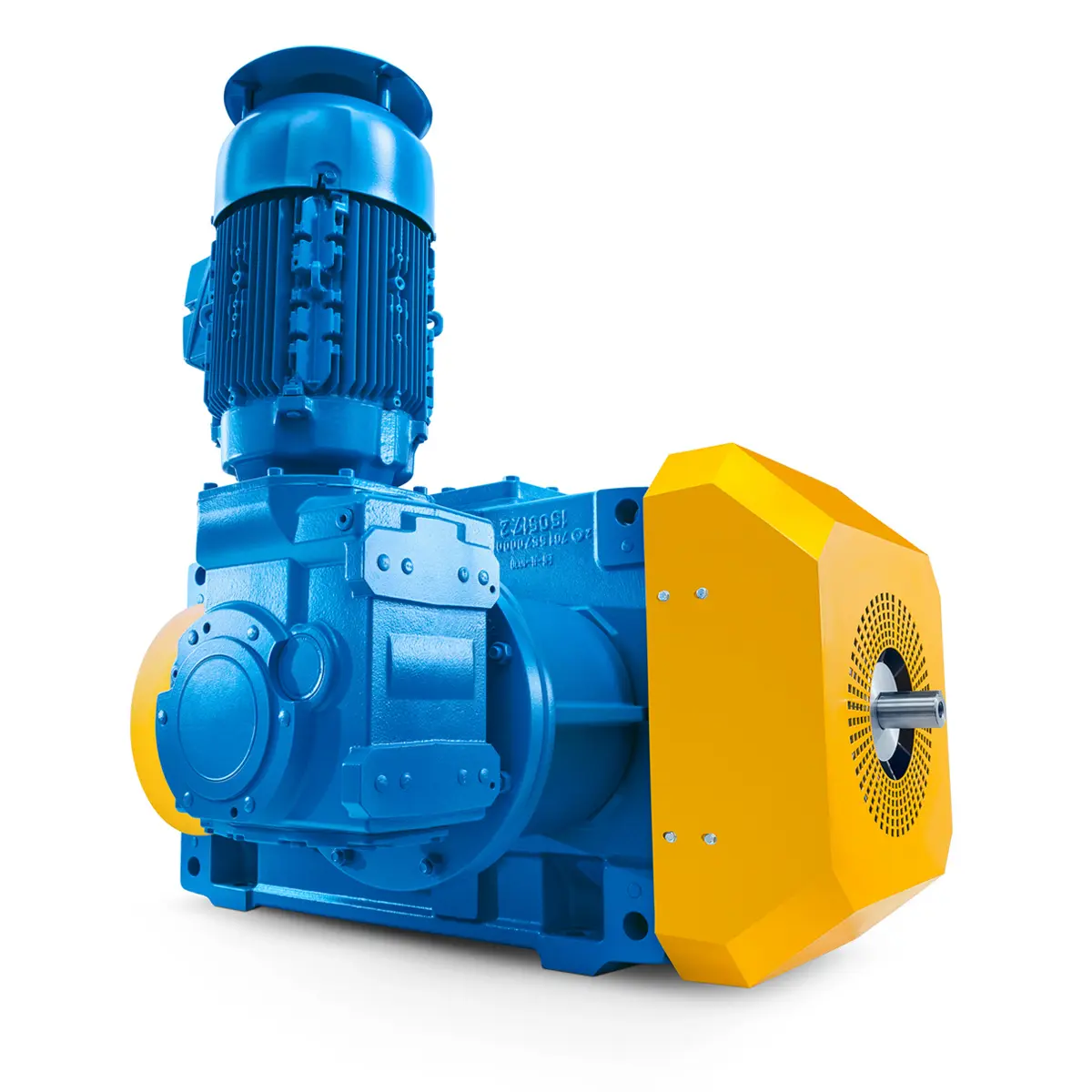 Reliable Gear Units For High Performance Vertical Conveyors 59/200
Reliable Gear Units For High Performance Vertical Conveyors 59/200 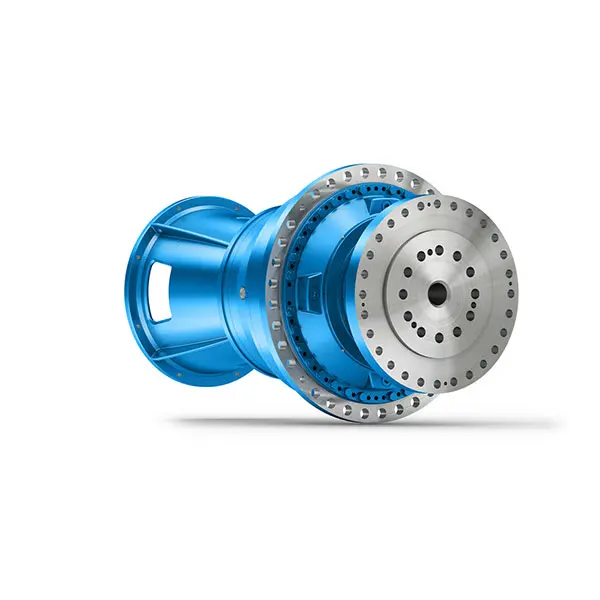 Maximum power density – PLANUREX 3 L individual drives for your sugar cane mill
Maximum power density – PLANUREX 3 L individual drives for your sugar cane mill 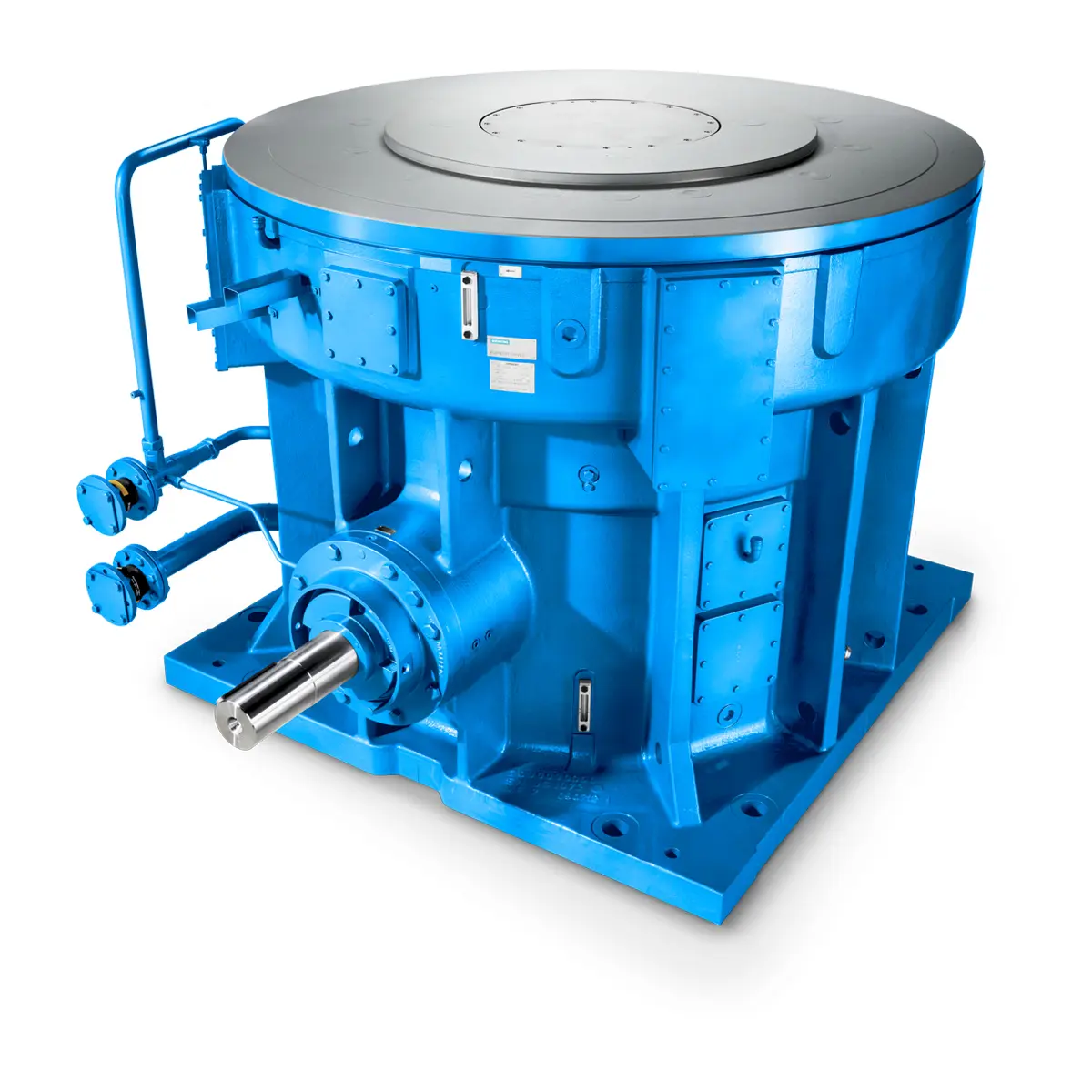 The proven all rounder gearunit gearbox
The proven all rounder gearunit gearbox 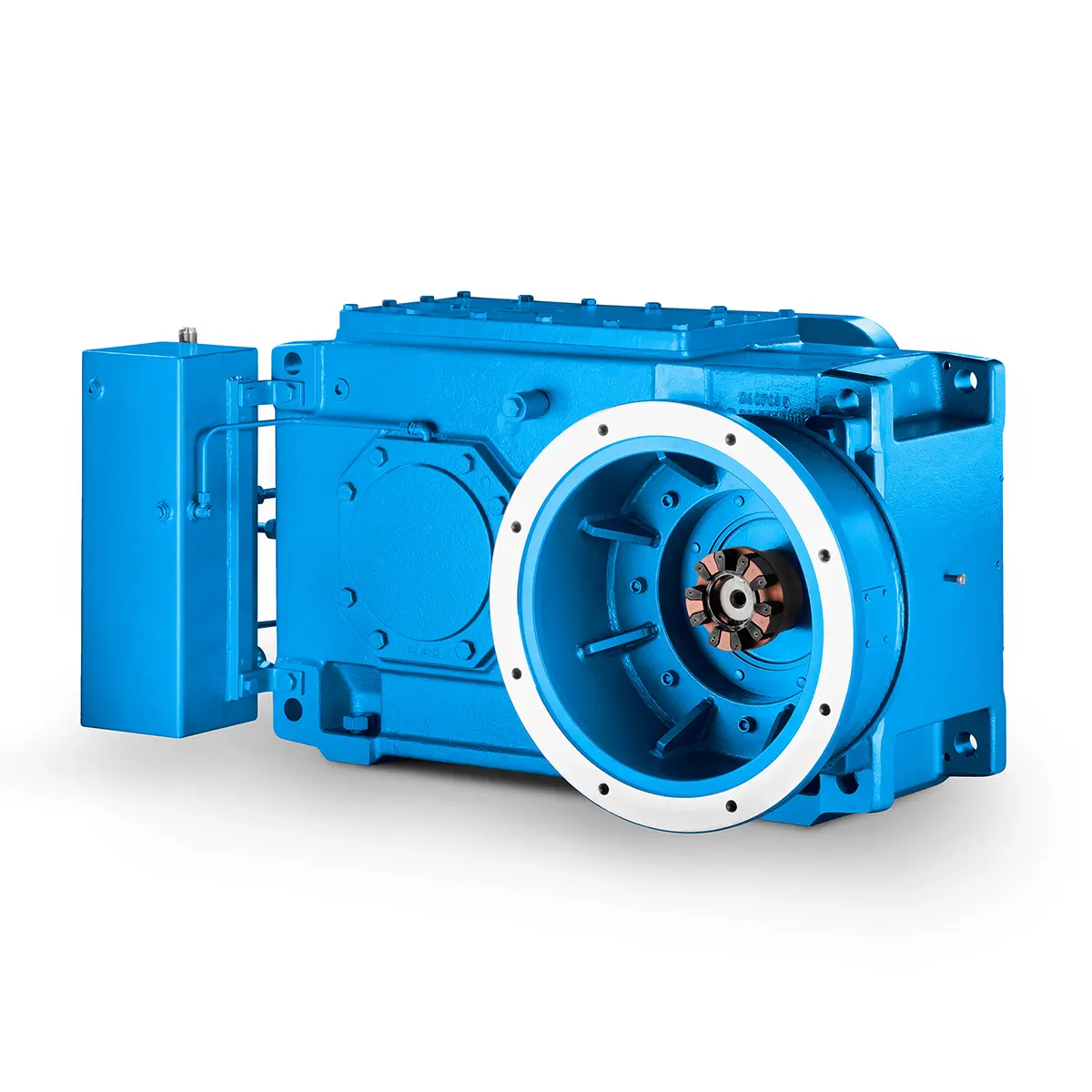 Stirs and stirs and stirs gearunit gearbox
Stirs and stirs and stirs gearunit gearbox 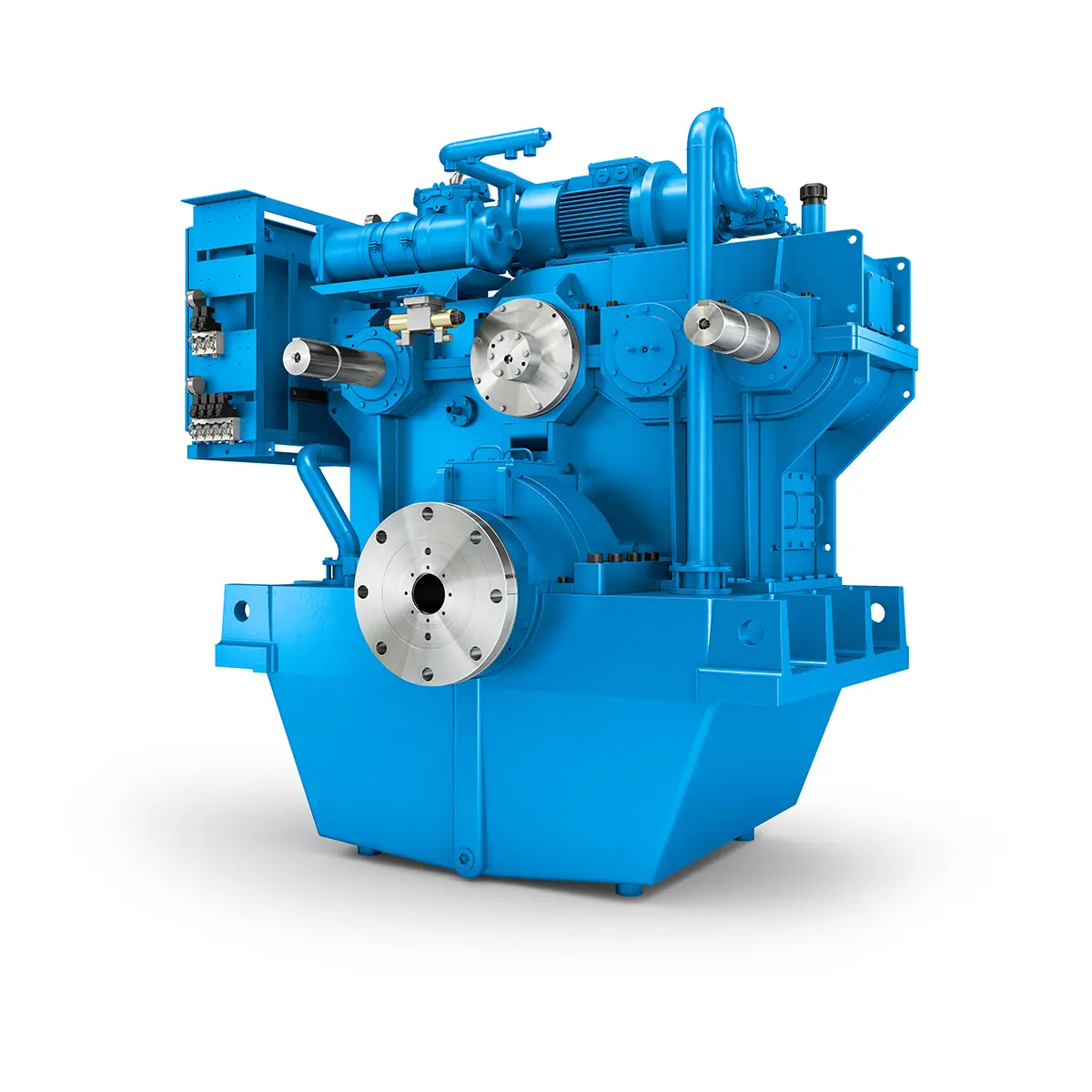 Flexibility on Board gearunit gearbox
Flexibility on Board gearunit gearbox 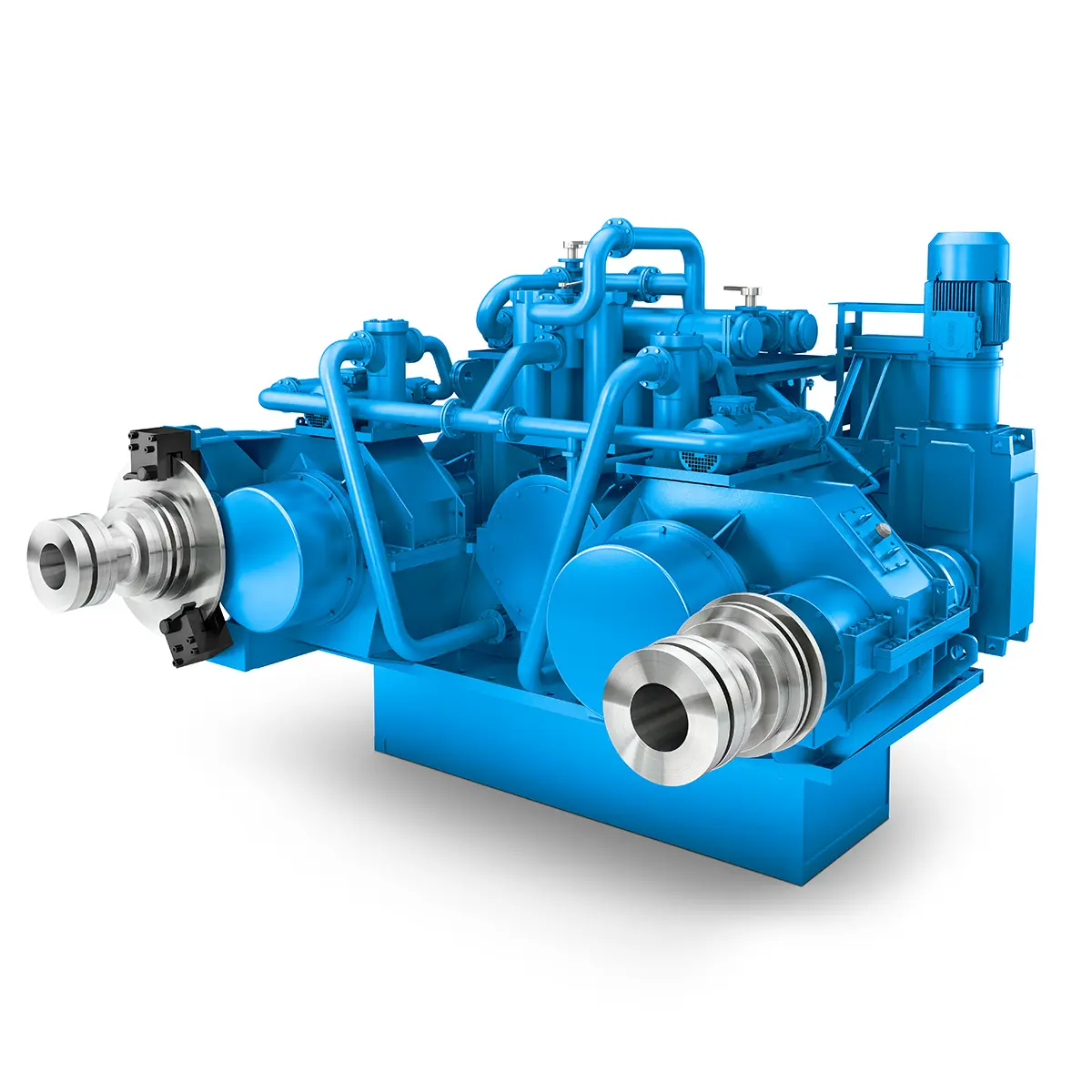 The right gearbox for all Multi-Engine Ships
The right gearbox for all Multi-Engine Ships 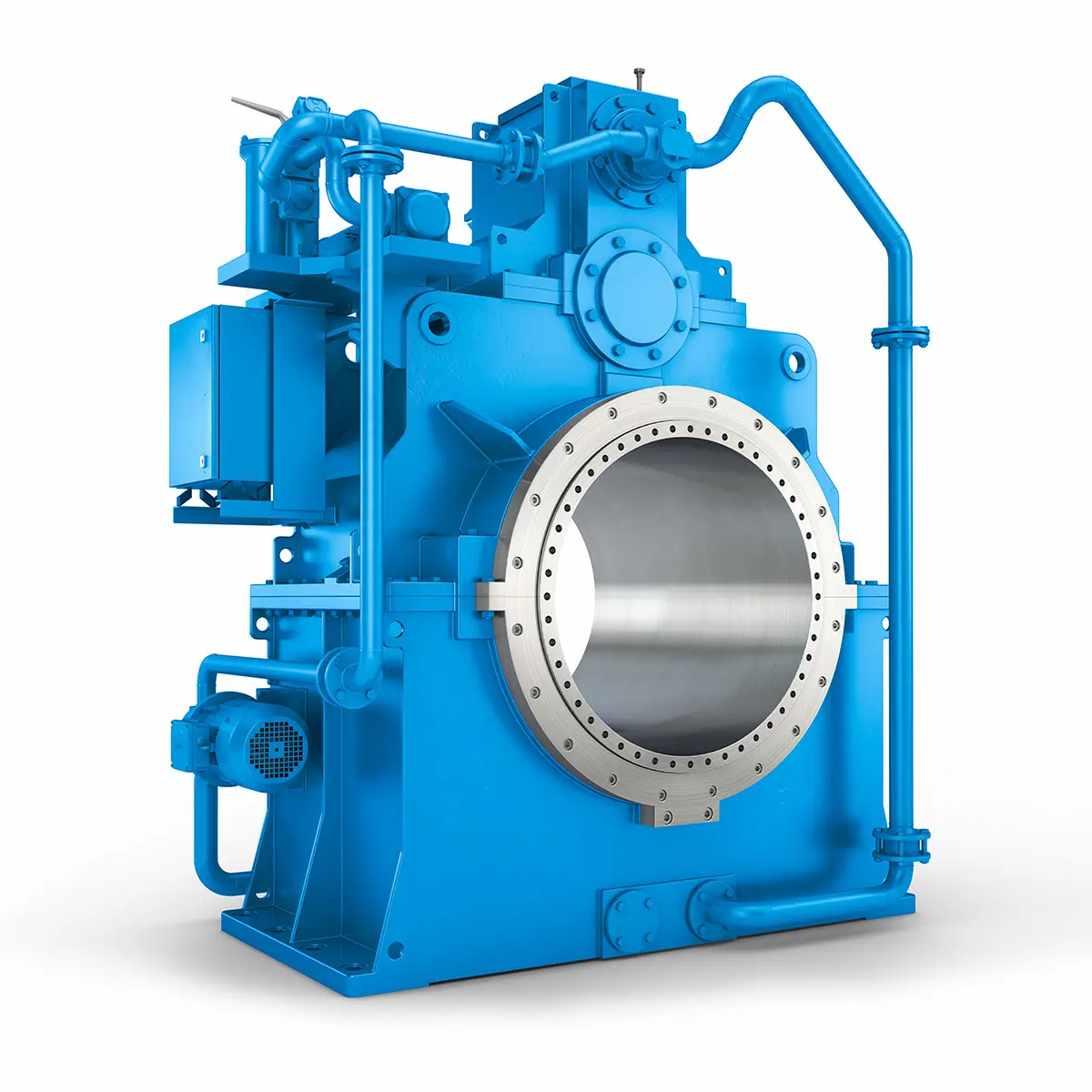 Reliable Power Generation on board
Reliable Power Generation on board 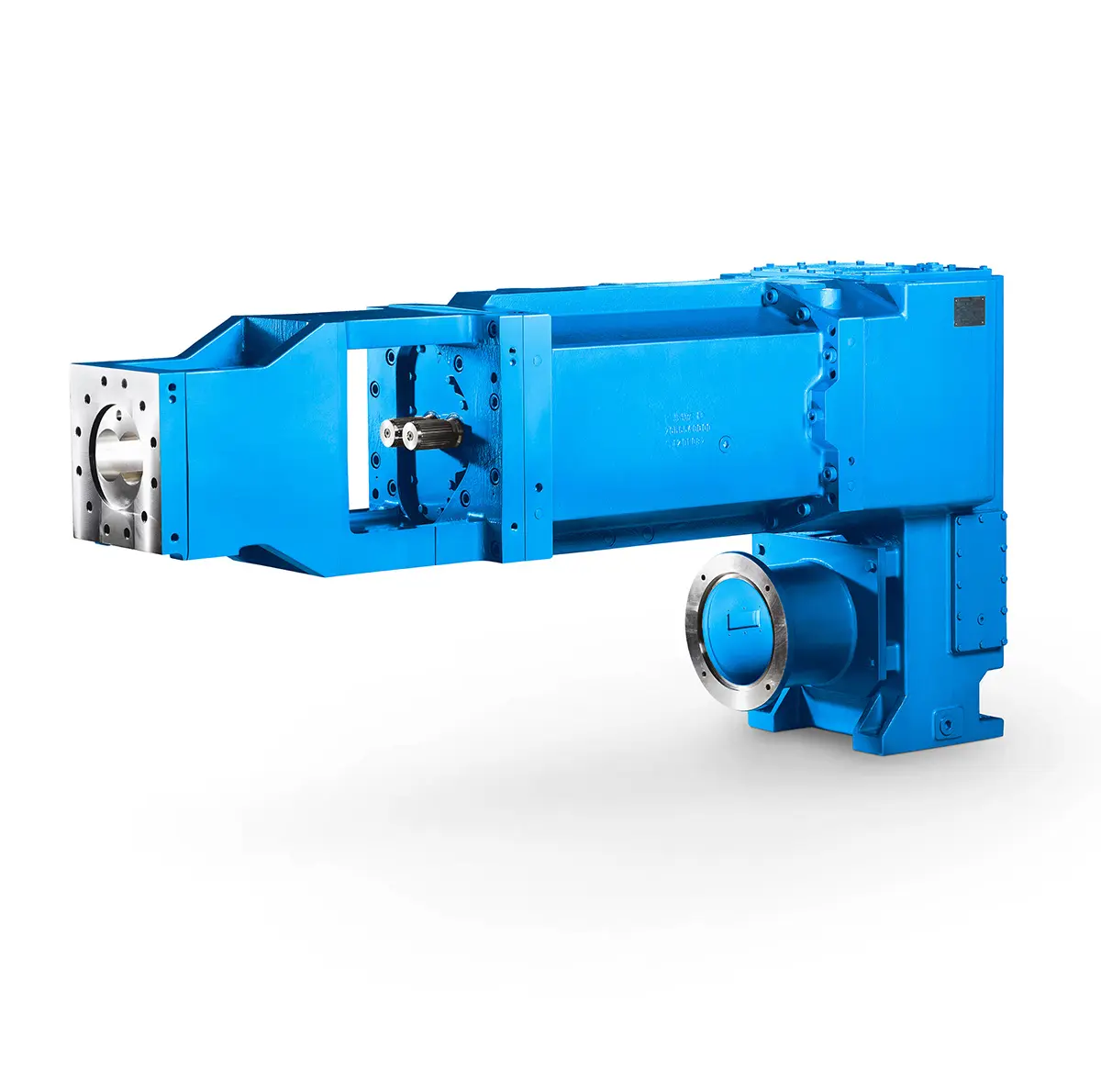 Maximum performance level, fast deliverable
Maximum performance level, fast deliverable 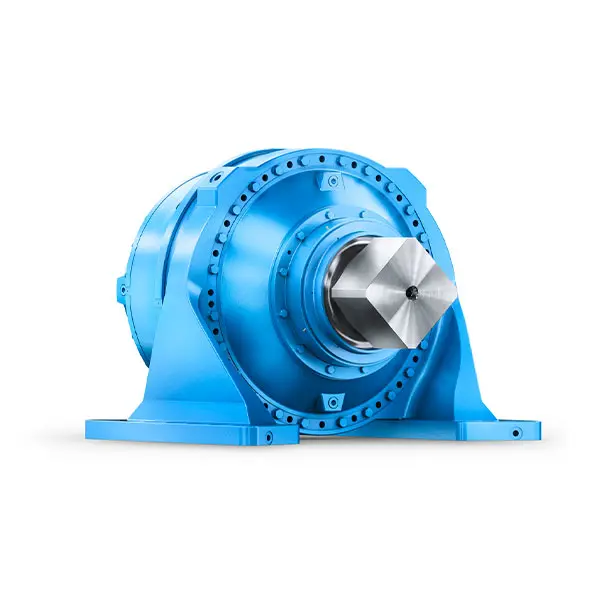 Efficient and compact – FLENDER Gear Units for Sugar Mills
Efficient and compact – FLENDER Gear Units for Sugar Mills 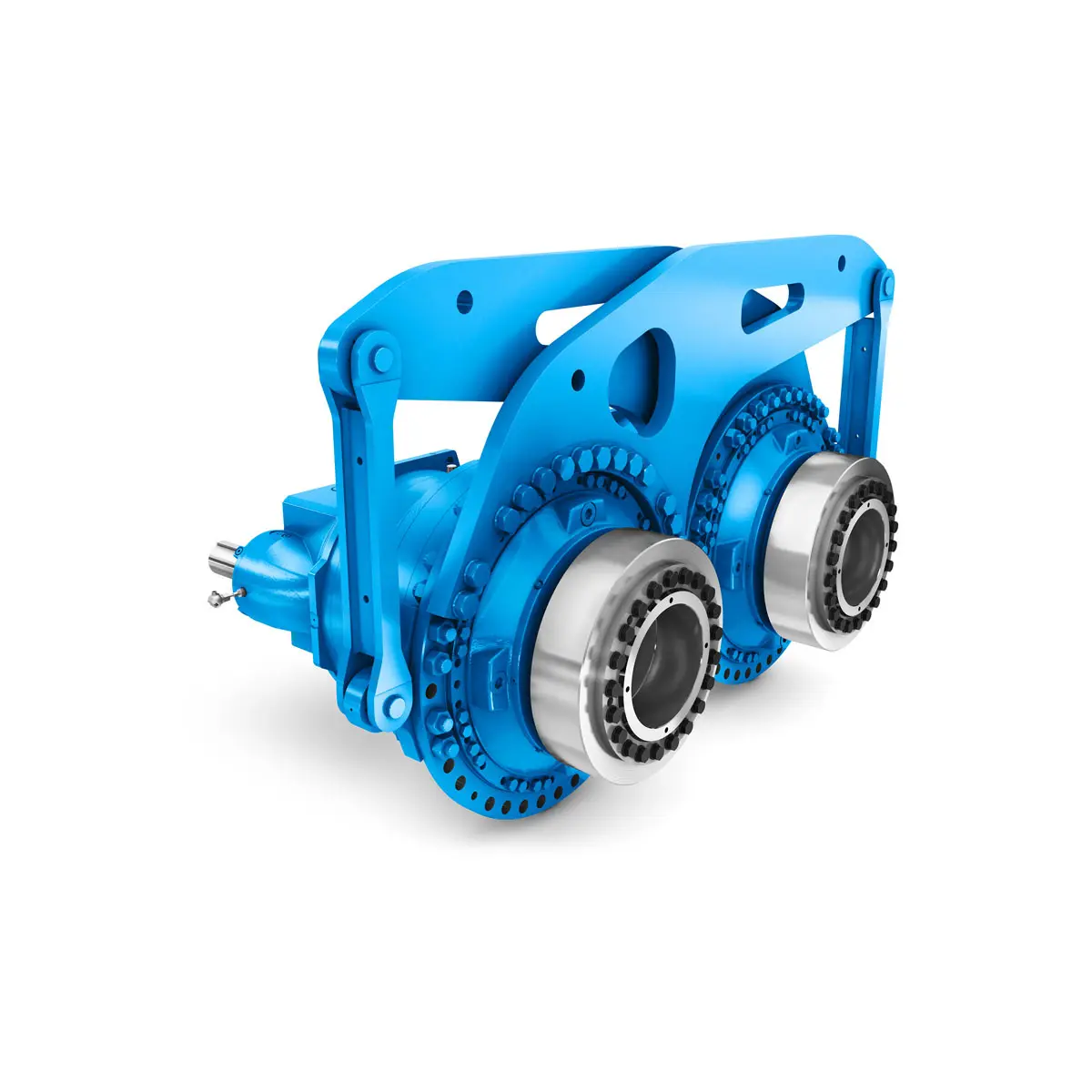 Extremely strong. Extremely compact. Extremely stressable.
Extremely strong. Extremely compact. Extremely stressable. 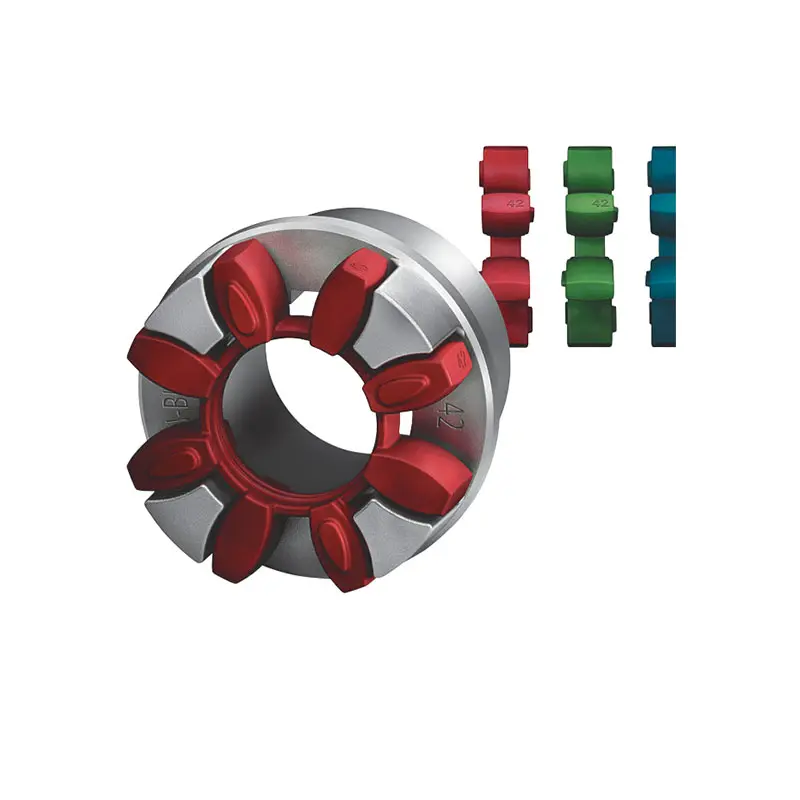 FLENDER Coupling
FLENDER Coupling  ZAPEX ZW Torsionally Rigid Gear Coupling
ZAPEX ZW Torsionally Rigid Gear Coupling 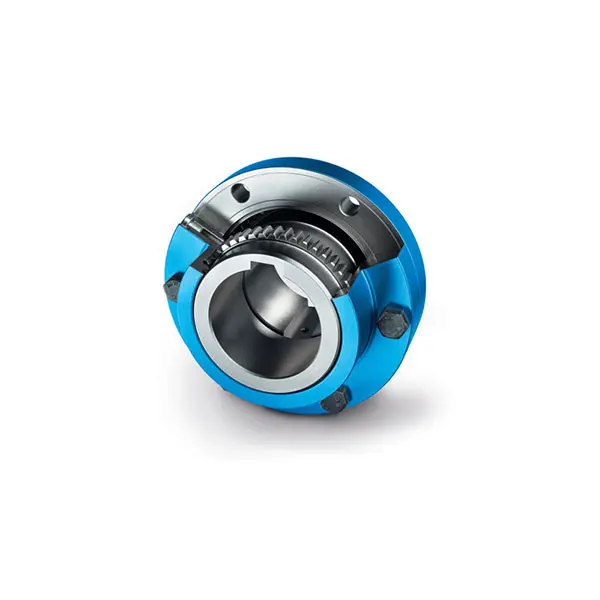 ZAPEX ZN Torsionally Rigid Gear Coupling
ZAPEX ZN Torsionally Rigid Gear Coupling 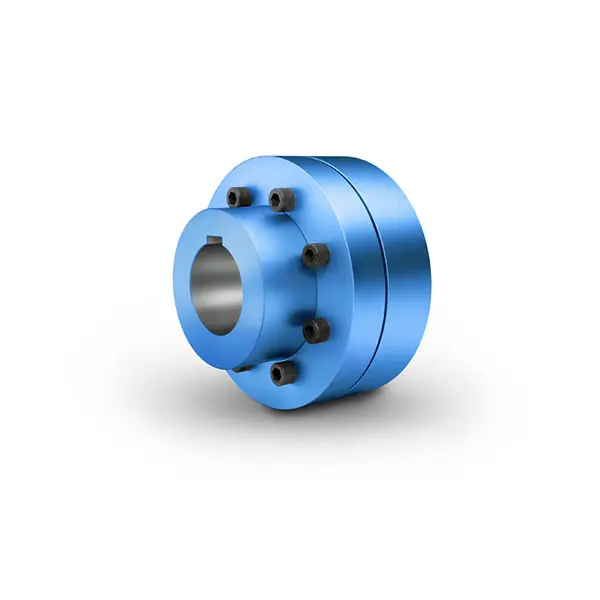 N-EUPEX Flexible high performance Coupling
N-EUPEX Flexible high performance Coupling 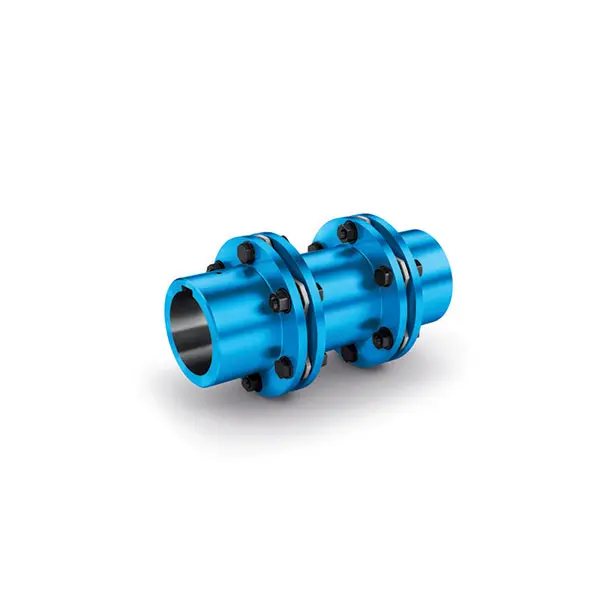 N-ARPEX Torsionally Rigid All-Steel Coupling
N-ARPEX Torsionally Rigid All-Steel Coupling 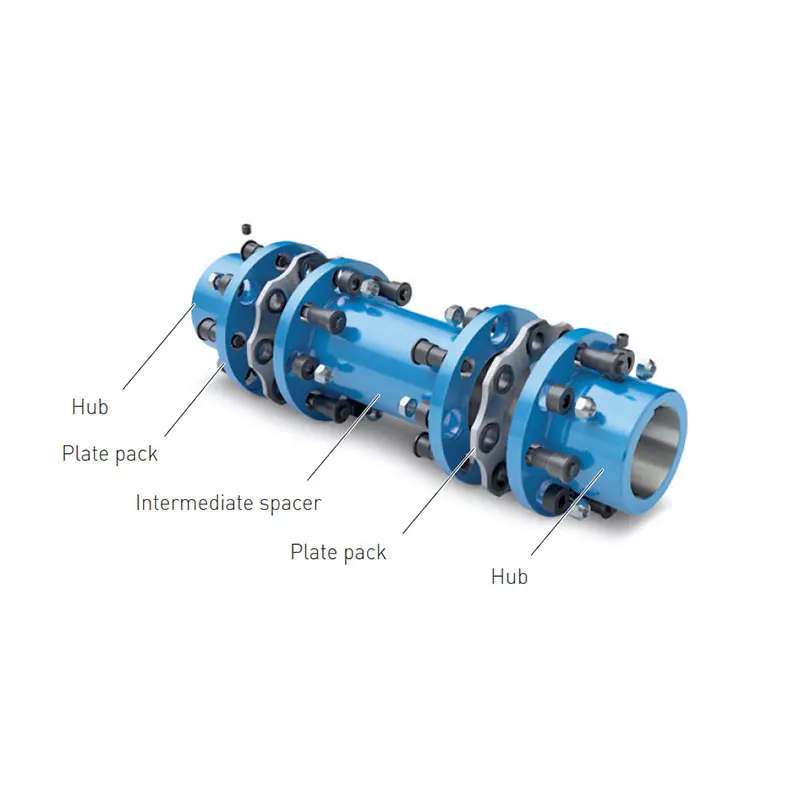 ARPEX Torsionally Rigid All-Steel Coupling Spare and Parts
ARPEX Torsionally Rigid All-Steel Coupling Spare and Parts  N-EUPEX DS Flexible High Performance Coupling
N-EUPEX DS Flexible High Performance Coupling 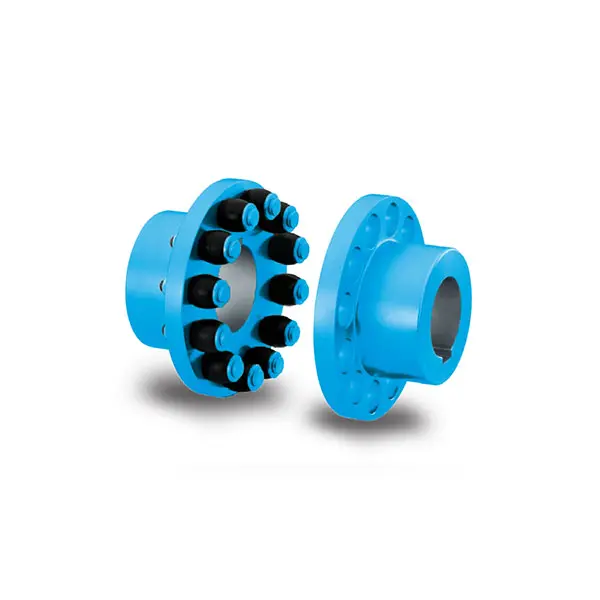 RUPEX Flexible high performance Coupling
RUPEX Flexible high performance Coupling 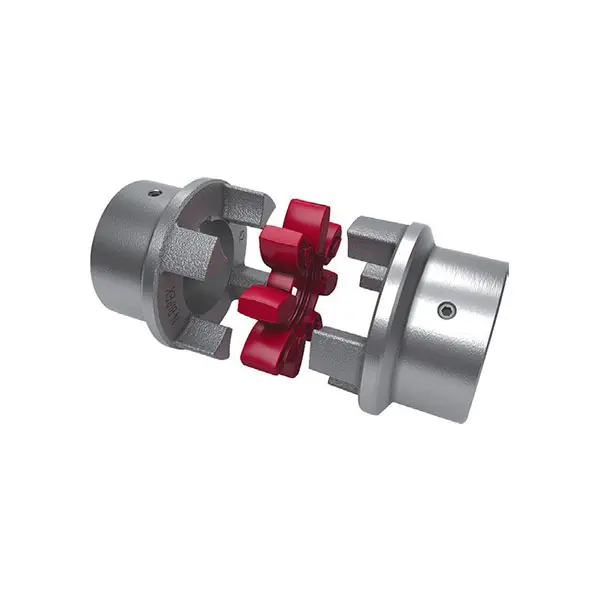 N BIPEX Flexible high performance coupling
N BIPEX Flexible high performance coupling 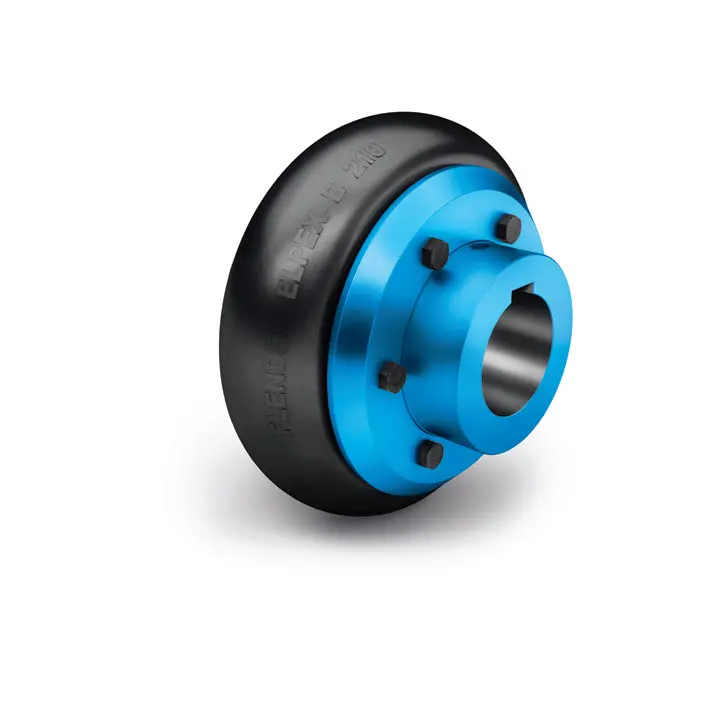 ELPEX B Highly Flexible Coupling
ELPEX B Highly Flexible Coupling 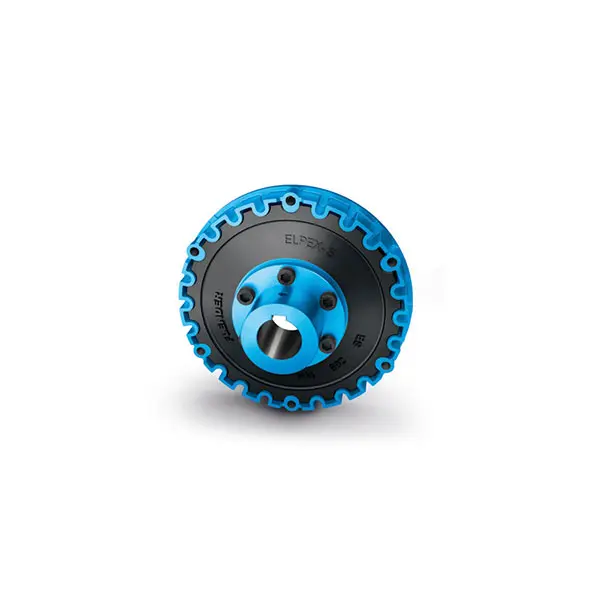 ELPEX S Highly Flexible Coupling high performance
ELPEX S Highly Flexible Coupling high performance 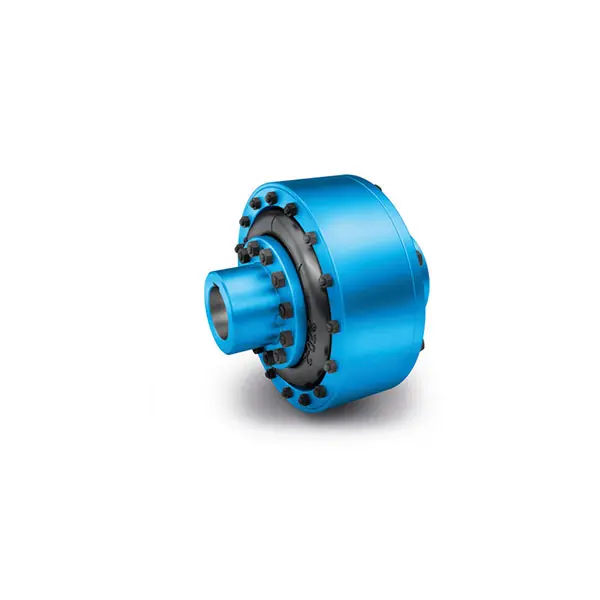 ELPEX Highly Flexible Coupling high performance
ELPEX Highly Flexible Coupling high performance 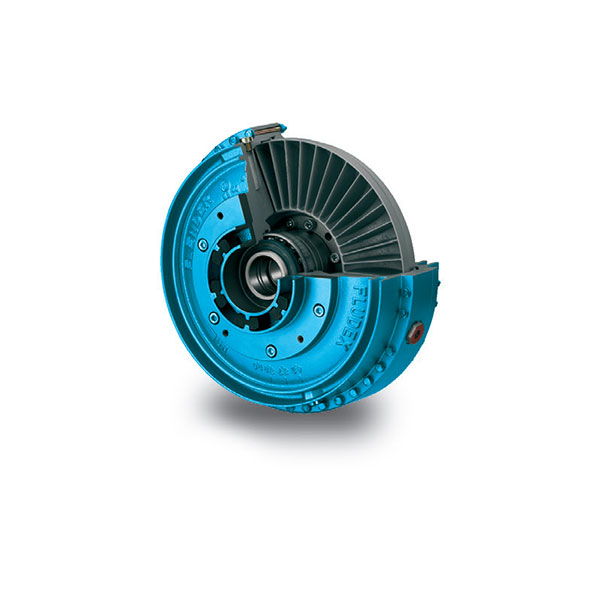 FLUDEX Fluid Coupling high performance
FLUDEX Fluid Coupling high performance 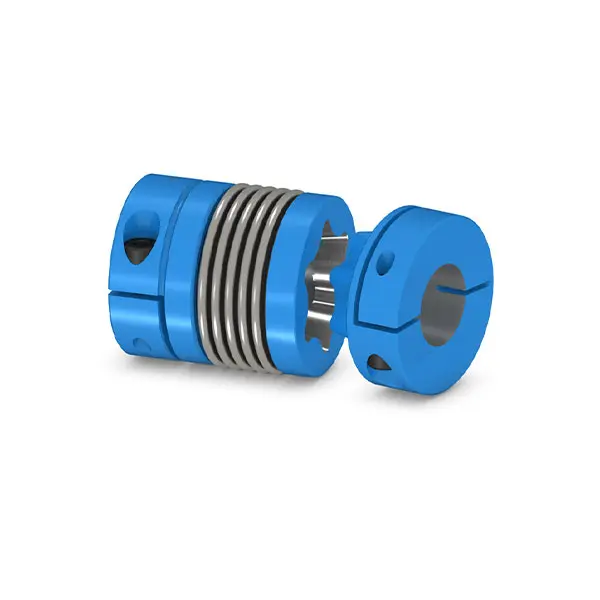 SIPEX Backlash free Coupling high performance
SIPEX Backlash free Coupling high performance 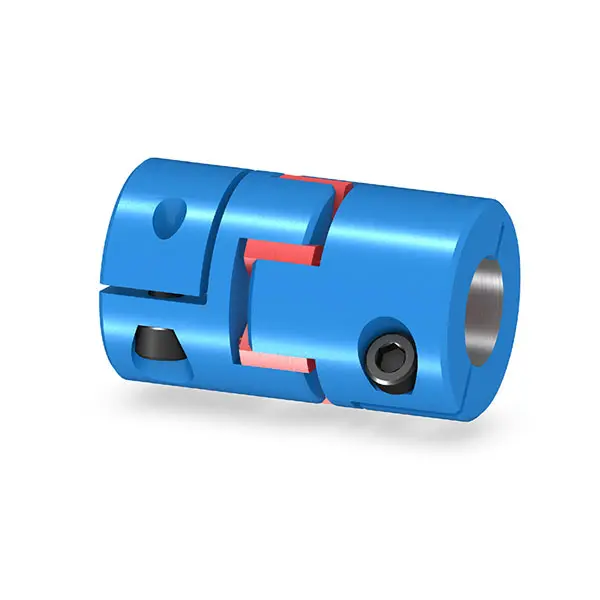 BIPEX S Backlash free Coupling high performance
BIPEX S Backlash free Coupling high performance 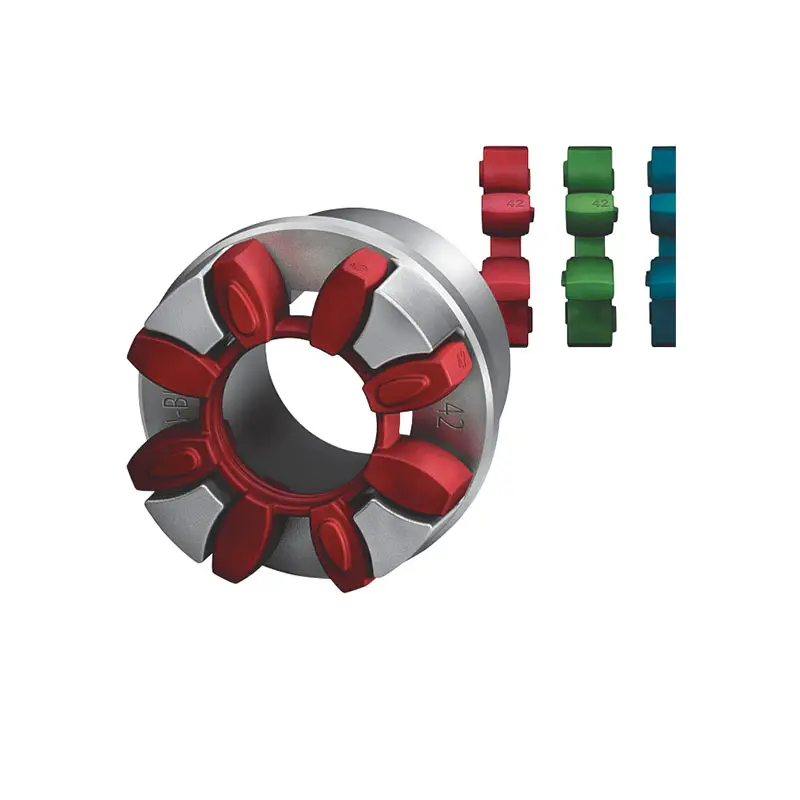 FLENDER Coupling Spare Parts high performance
FLENDER Coupling Spare Parts high performance 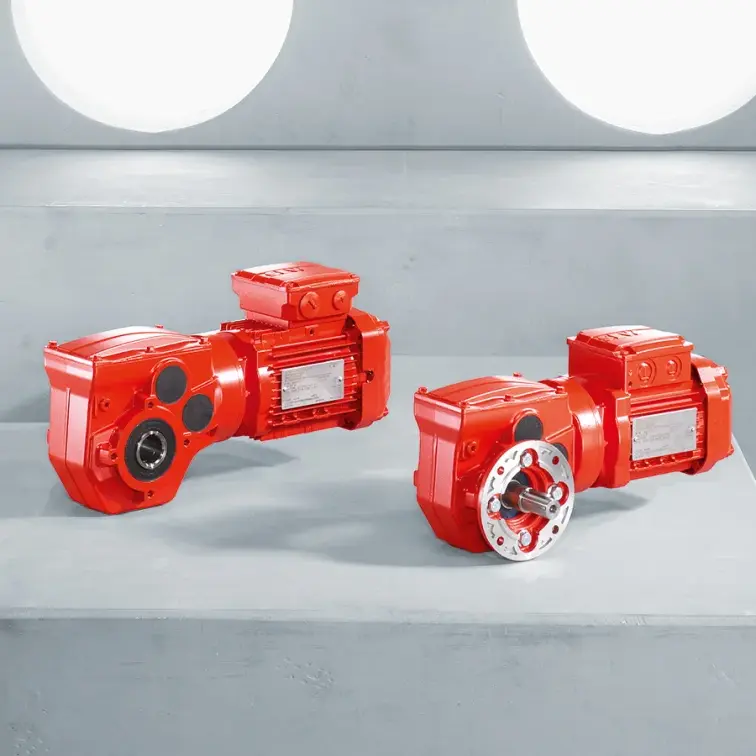 SEW Gearmotor
SEW Gearmotor
Our Company
News
Case
Contact Us
 R Series Helical Gearmotor low voltage
R Series Helical Gearmotor low voltage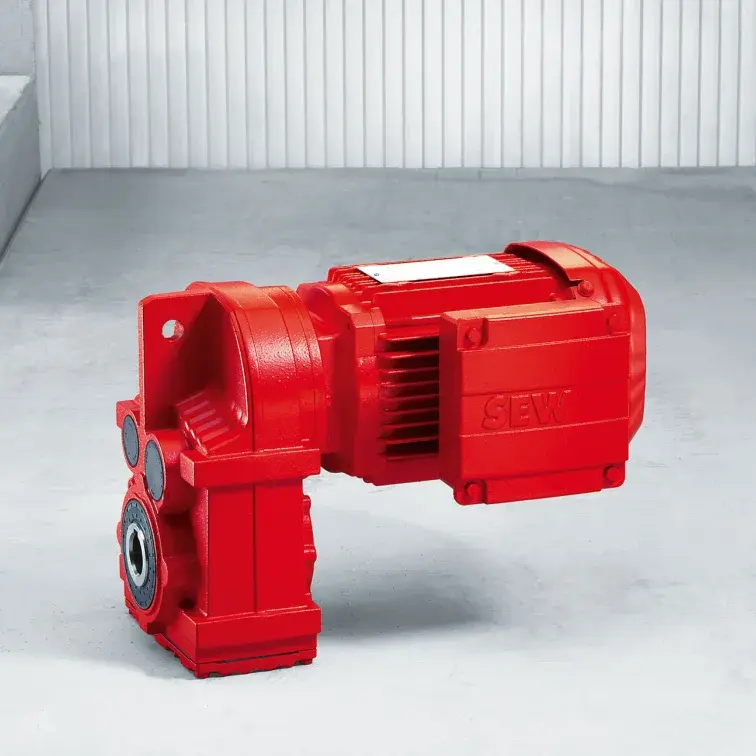 F Series Parallel Shaft Gearmotor low voltage
F Series Parallel Shaft Gearmotor low voltage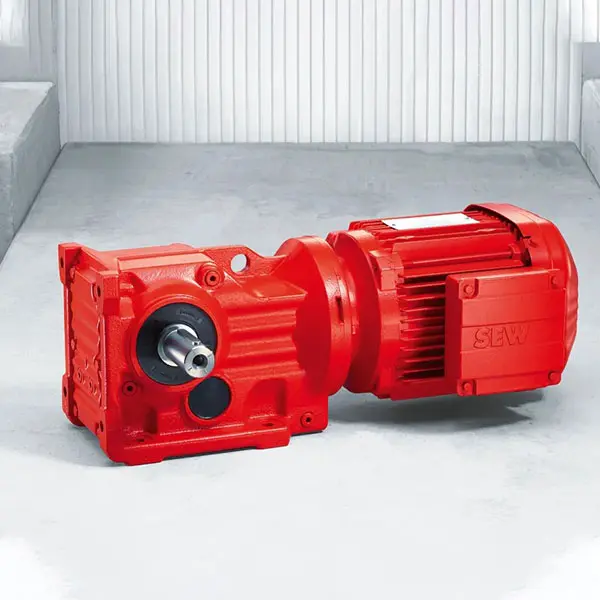 K Series Helical Bevel Gearmotor low voltage
K Series Helical Bevel Gearmotor low voltage S Series Helical Worm Gearmotor low voltage
S Series Helical Worm Gearmotor low voltage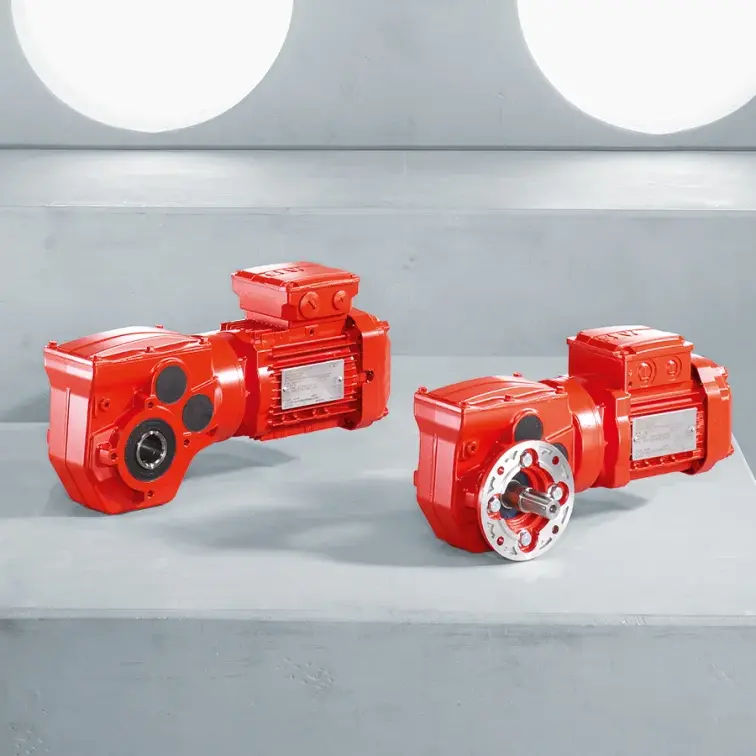 W Series SPIROPLAN® Right Angle Gearmotor
W Series SPIROPLAN® Right Angle Gearmotor







